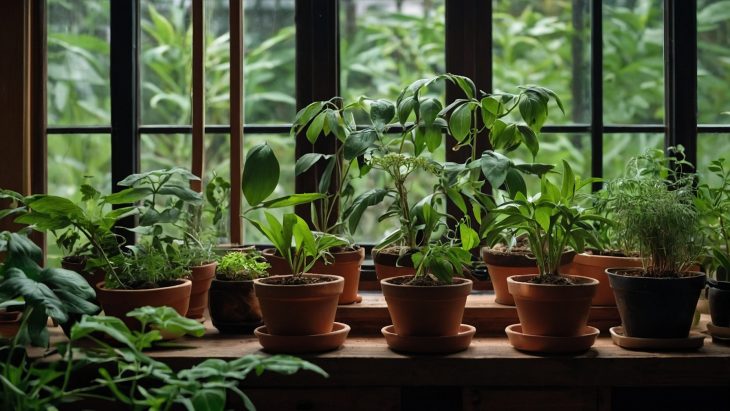
If you have the chance, would you turn your backyard into a natural pharmacy? Growing medicinal plants at home isn’t just practical; it’s also incredibly rewarding. From aloe vera’s healing gel to lavender’s calming scent, these plants offer a variety of benefits that can improve your well-being. Plus, cultivating them can be a fun and educational hobby. Ready to dig into the world of homegrown medicine? Let’s explore 39 medicinal plants you can easily grow right in your own garden.
1
of 39
Motherwort
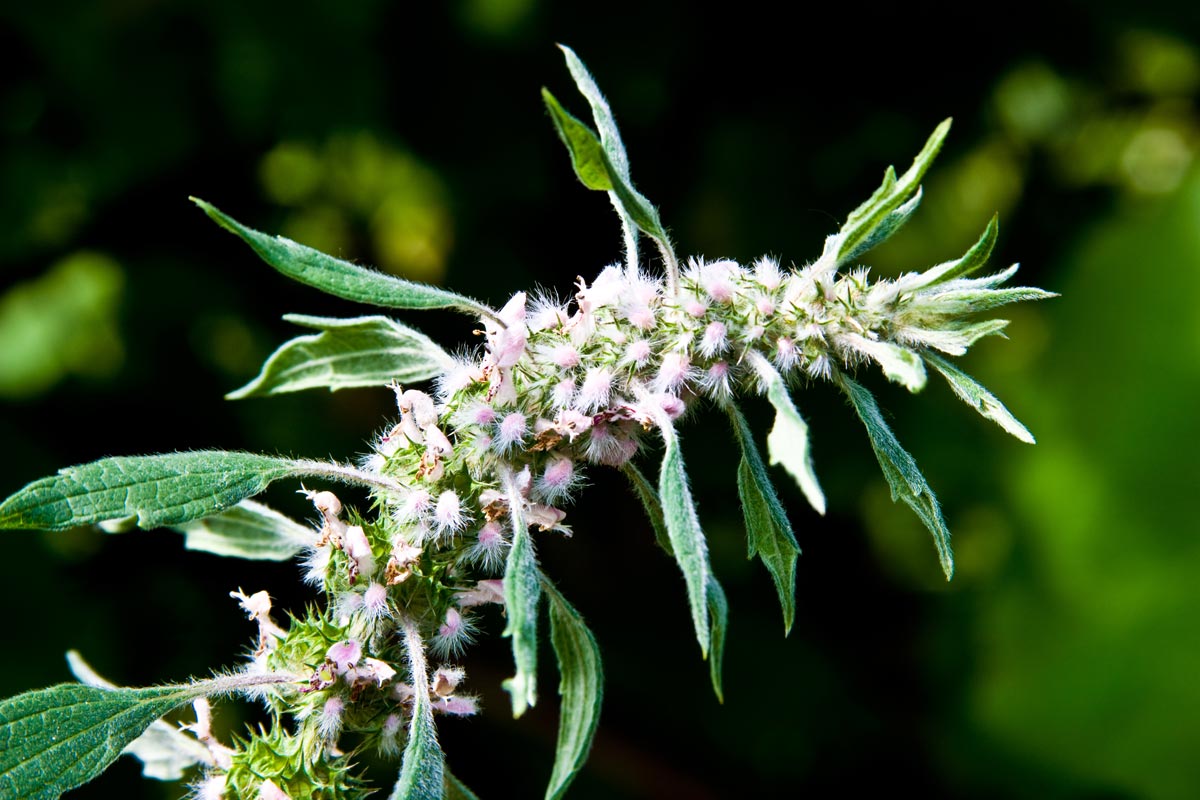
Motherwort is a medicinal herb perfect for home cultivation. Known for its calming effects, Motherwort is revered for reducing anxiety, supporting heart health, and easing menstrual discomfort. Unlock the full potential of Motherwort by having it in your garden.
Read More About Motherwort: 20 Surprising Facts About Motherwort
2
of 39
Willow
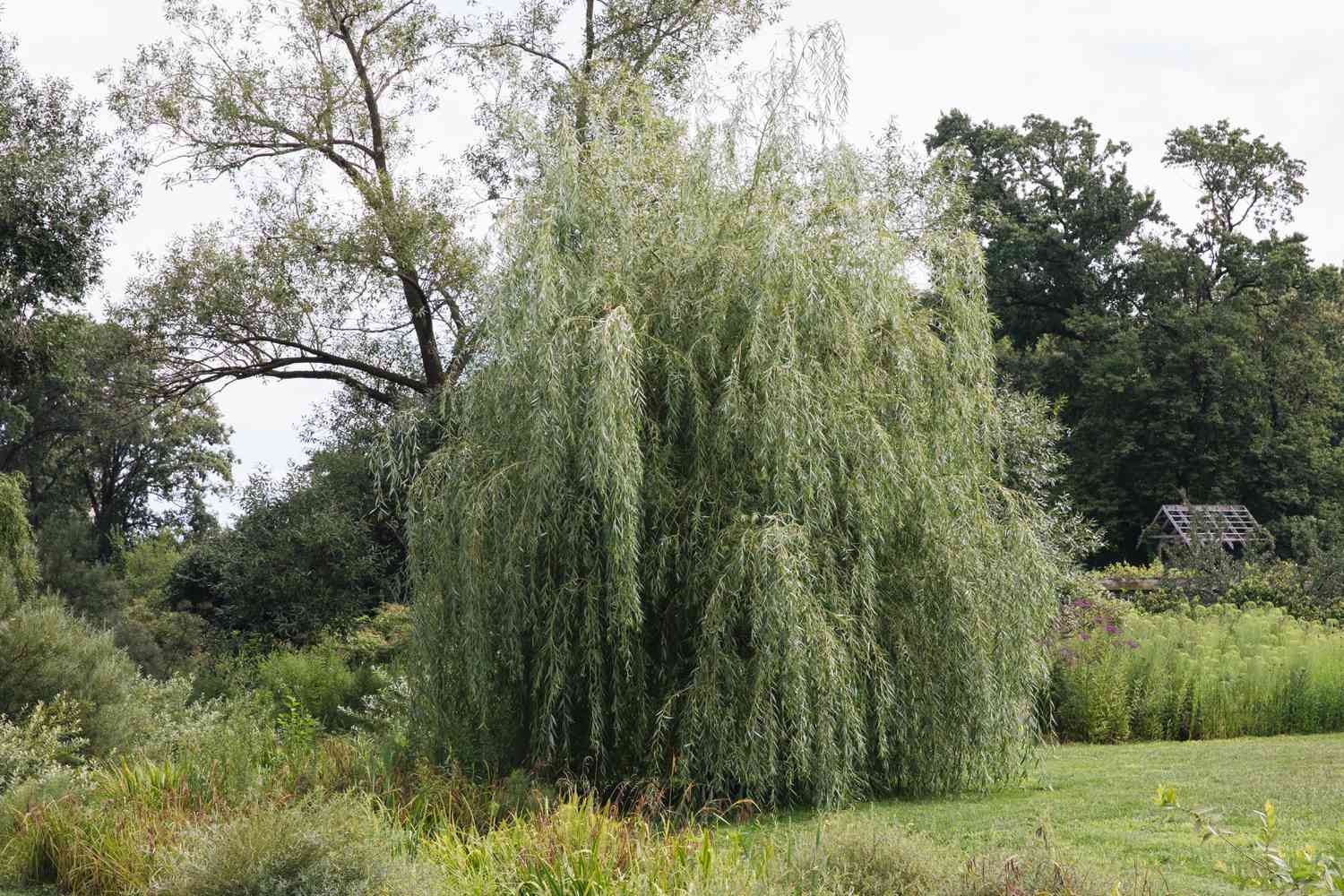
Willow bark has been used for centuries to relieve pain and inflammation, thanks to its natural salicylic acid content. What makes this medicinal plant even more amazing is the fact that it’s easy to grow even in a small garden corner. Got back pains or a splitting headache? Have a touch of Willow.
Read More About Willow: 11 Unbelievable Facts About Willow
3
of 39
Hamamelis
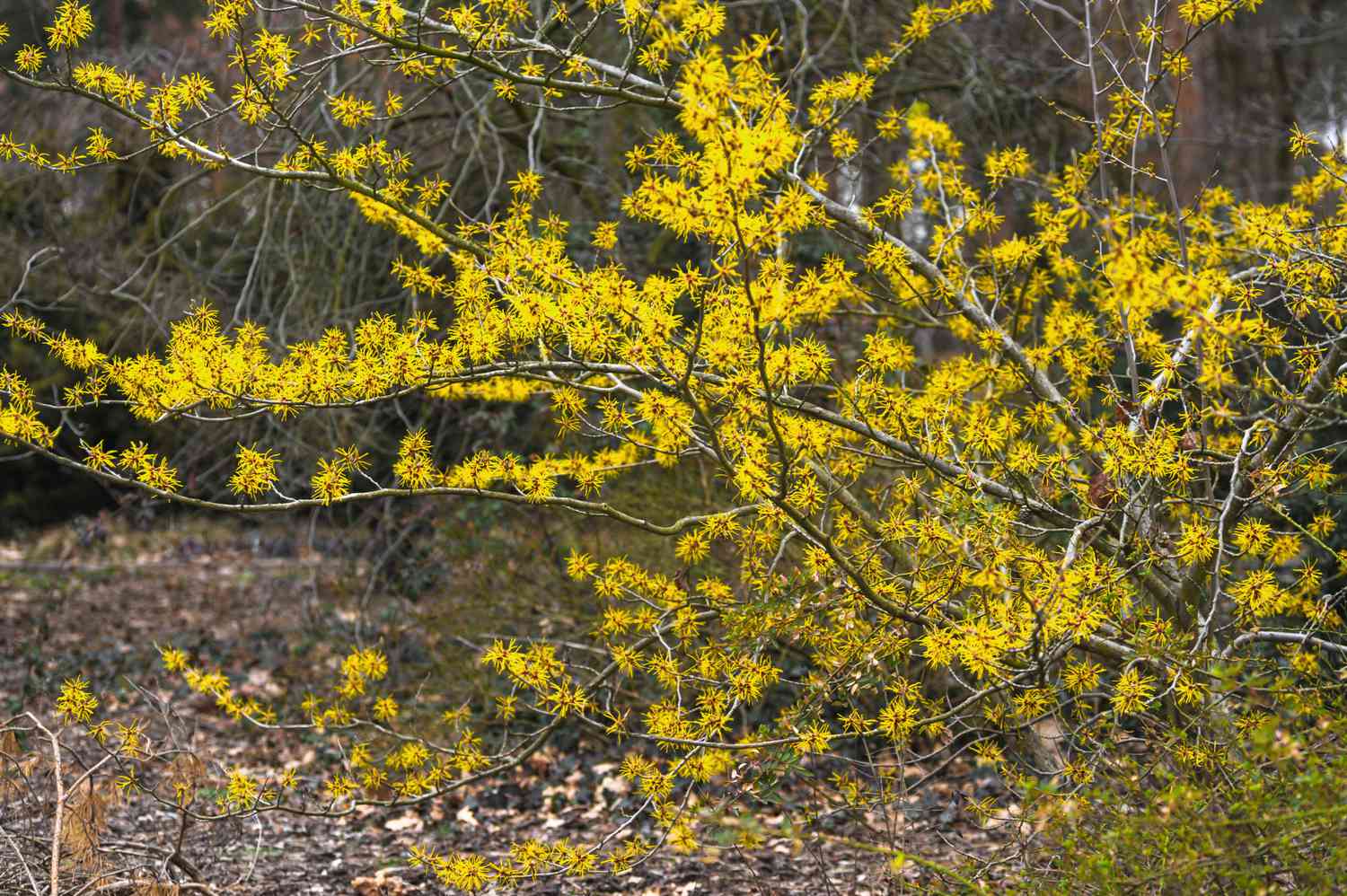
Hamamelis is a medicinal plant perfect for your home garden. Sometimes referred to as witch hazel, Hamamelis offers a myriad of benefits, including soothing skin irritations, reducing inflammation, and relieving itchiness. Delve deeper into the facts about Hamamelis by getting it planted in your garden.
Read More About Hamamelis: 16 Extraordinary Facts About Hamamelis
4
of 39
Licorice
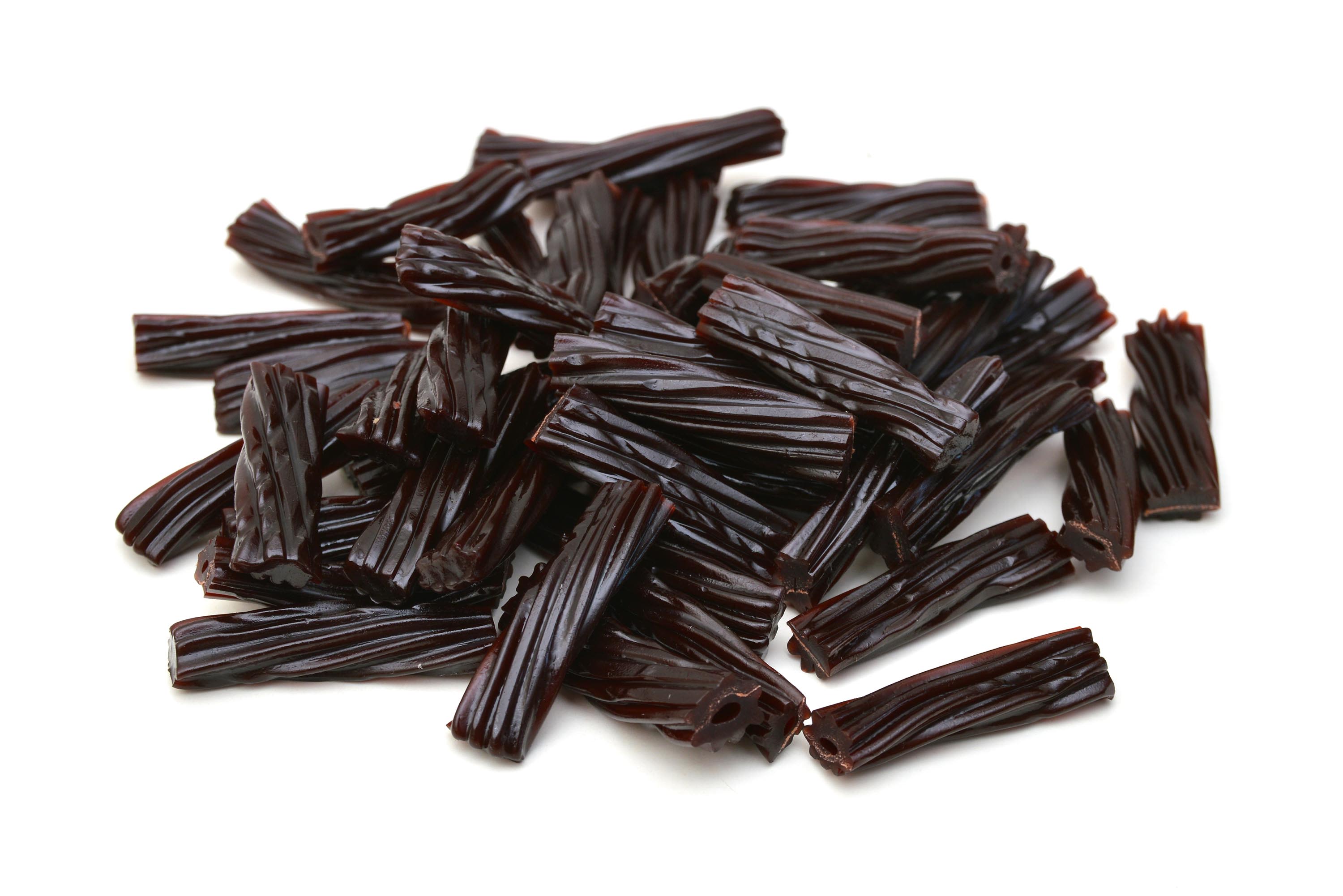
Licorice is a medicinal plant ideal for home cultivation. The licorice root possesses potent anti-inflammatory and soothing properties, making it a valuable addition to your herbal remedies collection. Discover more about Licorice and its diverse health benefits by reserving a space for it in your outdoor space.
Read More About Licorice: 14 Facts About Licorice
5
of 39
Elderberry
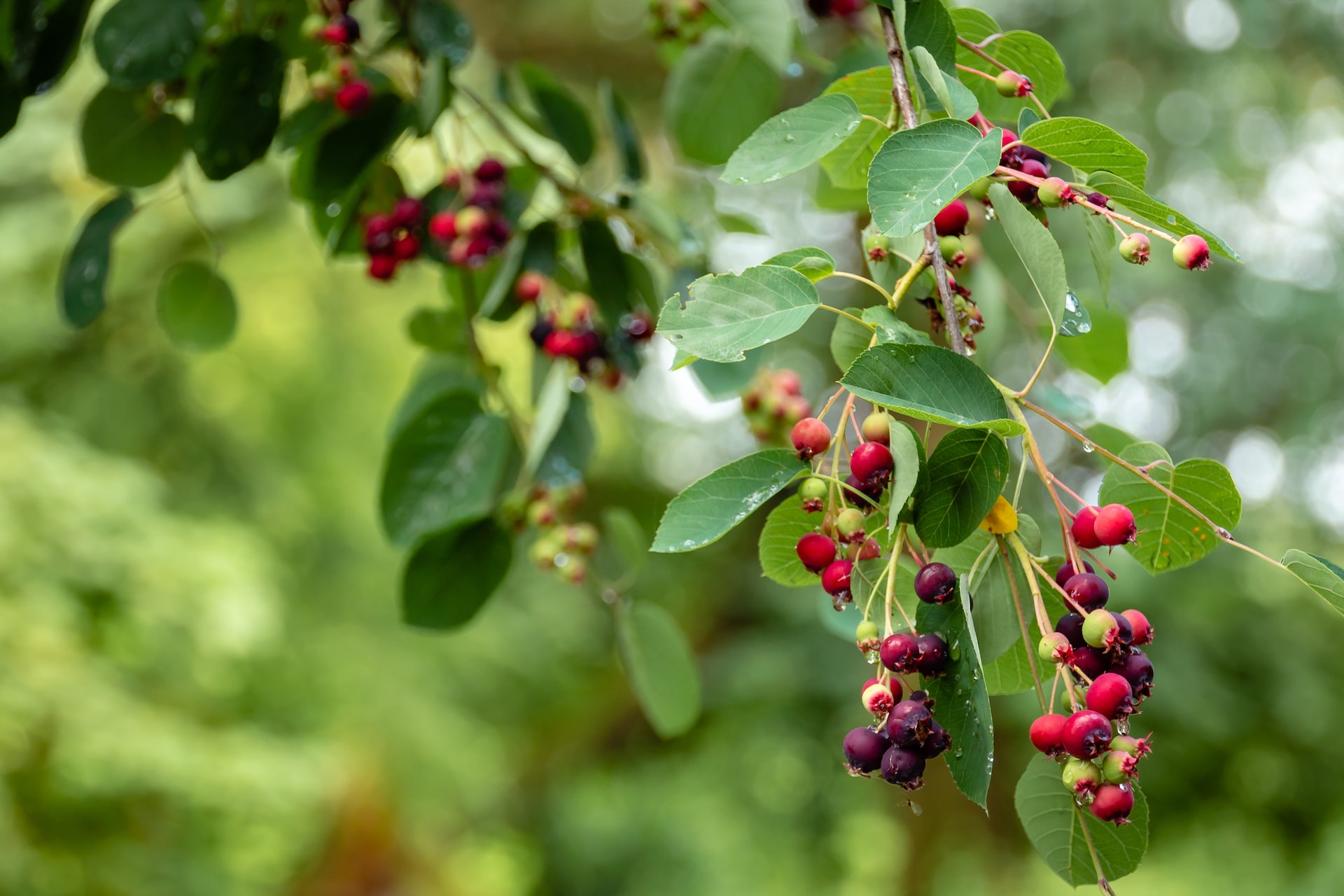
Elderberry is a medicinal plant that thrives in home gardens. It’s commonly celebrated for its immune-boosting properties and its ability to alleviate cold and flu symptoms. Get hold of this amazing plant to learn more about the incredible benefits that it can give you and how you can harness its healing potential at home.
Read More About Elderberry: 17 Facts About Elderberry
6
of 39
Eucalyptus
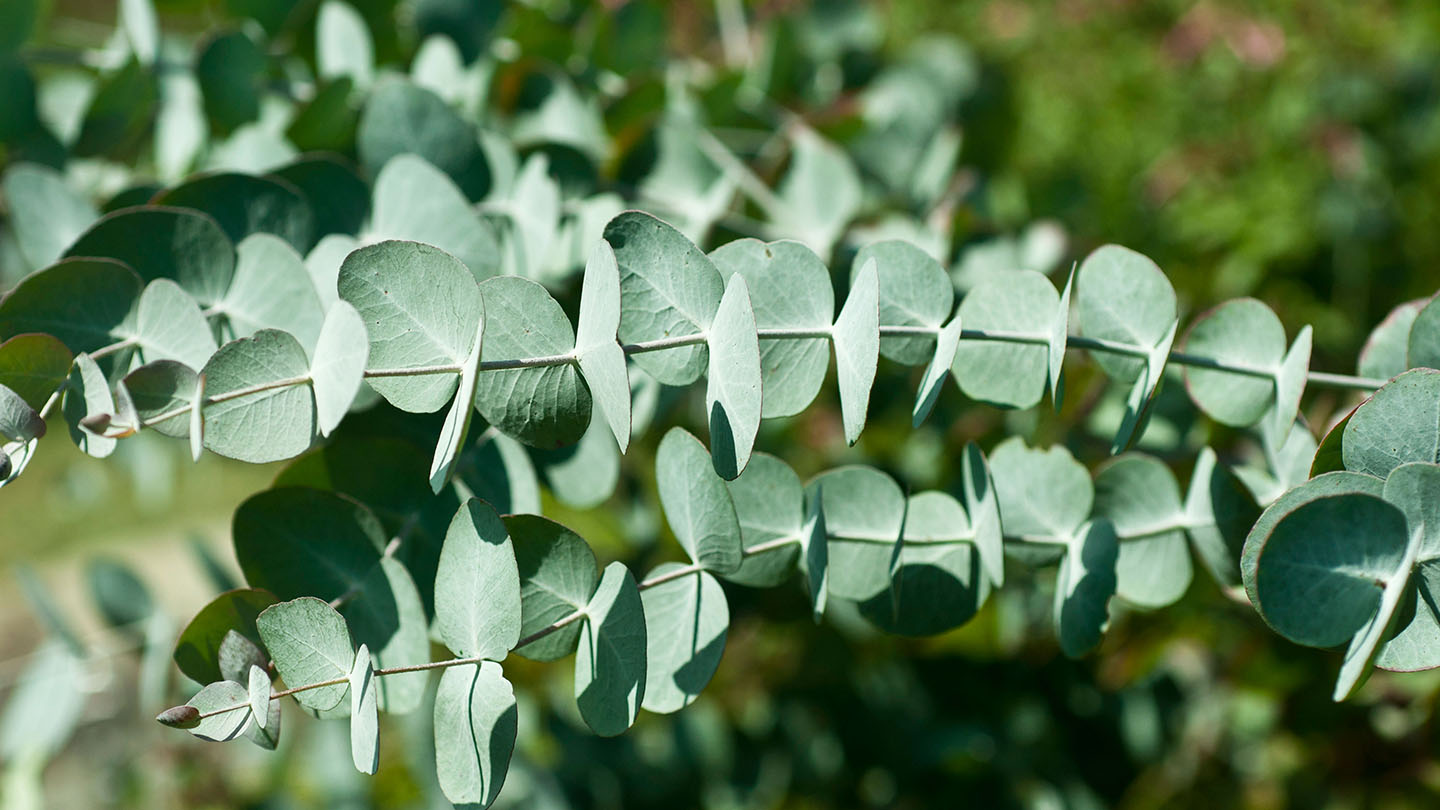
Eucalyptus leaves are renowned for their therapeutic qualities, offering relief from respiratory issues like colds and coughs. This versatile plant also acts as a natural insect repellent and can aid in wound healing. Cultivating Eucalyptus at home won’t only enhance your well-being, they can also help make your garden beautiful and refreshing.
Read More About Eucalyptus: 14 Extraordinary Facts About Eucalyptus
7
of 39
Passion Flower
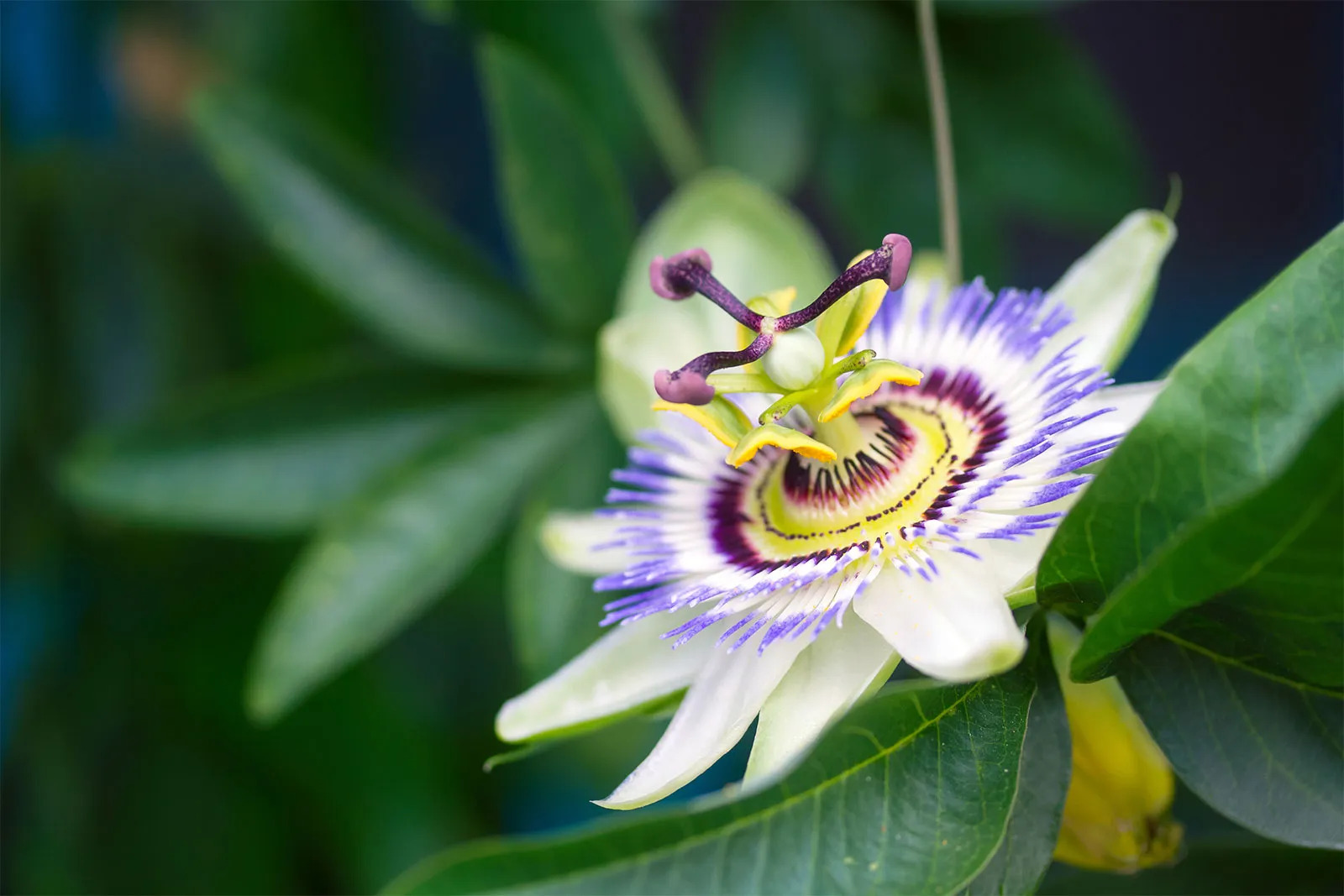
Passion Flower’s beautiful vine boasts of calming properties, offering relief from anxiety and insomnia. Its vibrant blooms add aesthetic appeal while its leaves and stems provide natural remedies for stress-related ailments. Exploring the myriad benefits of growing Passion Flower for your well-being is something you should seriously think about.
Read More About Passion Flower: 8 Enigmatic Facts About Passion Flower
8
of 39
Aloe Vera
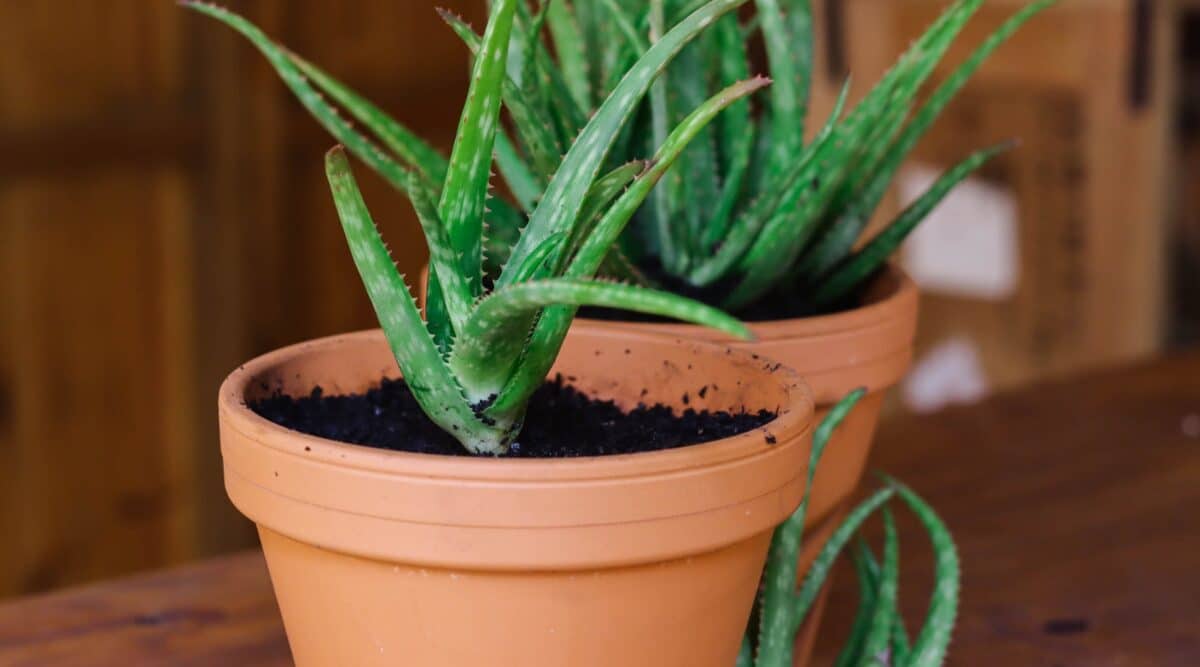
Aloe vera isn’t just a common houseplant; it’s a genuine wonder. This succulent packs a punch with its gel, renowned for soothing burns, aiding digestion, and even promoting clear skin. Besides being a green addition to your home decor, aloe vera is low maintenance and thrives with minimal care. Historically, ancient civilizations like the Egyptians and Greeks praised its healing properties. Modern science backs many of these claims, making aloe vera a timeless remedy. Whether you’re interested in natural beauty solutions, medicinal uses, or just a resilient plant to brighten your space, aloe vera stands out as a must-have.
Read More About Aloe Vera: 10 Enigmatic Facts About Aloe Vera
9
of 39
Basil
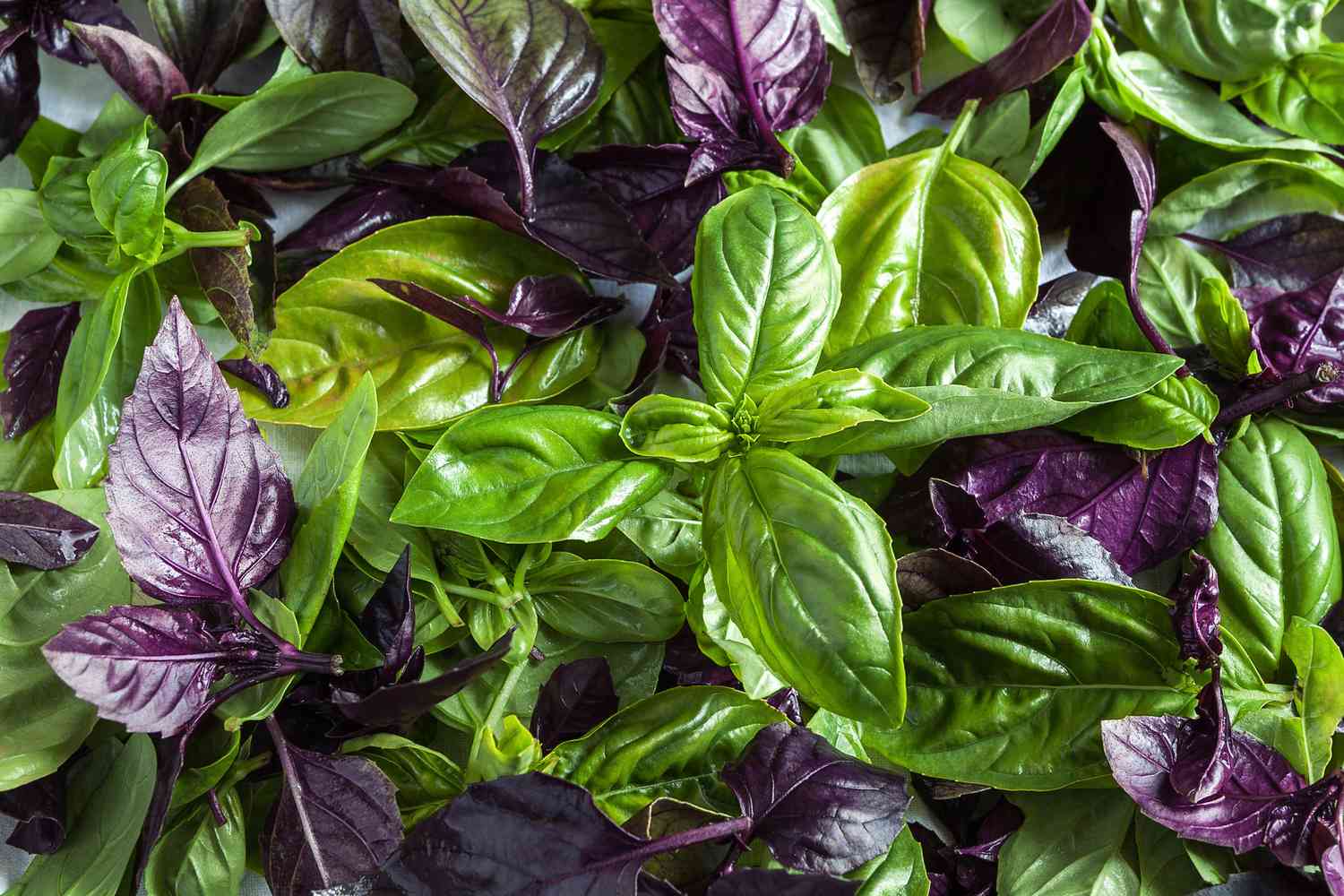
Basil isn’t just a tasty addition to your pasta; it’s also a powerhouse in the world of home-grown medicinal plants. This aromatic herb has been used for centuries, not just for its delightful flavor but for its numerous health benefits. From soothing stress and promoting digestion, to its anti-inflammatory properties, basil can be both your kitchen’s best friend and your personal home remedy. Plus, it’s super easy to grow, even if you’re a beginner. Whether fresh or dried, basil is a versatile plant that’s worth having around.
Read More About Basil: 12 Facts About Basil
10
of 39
Chamomile
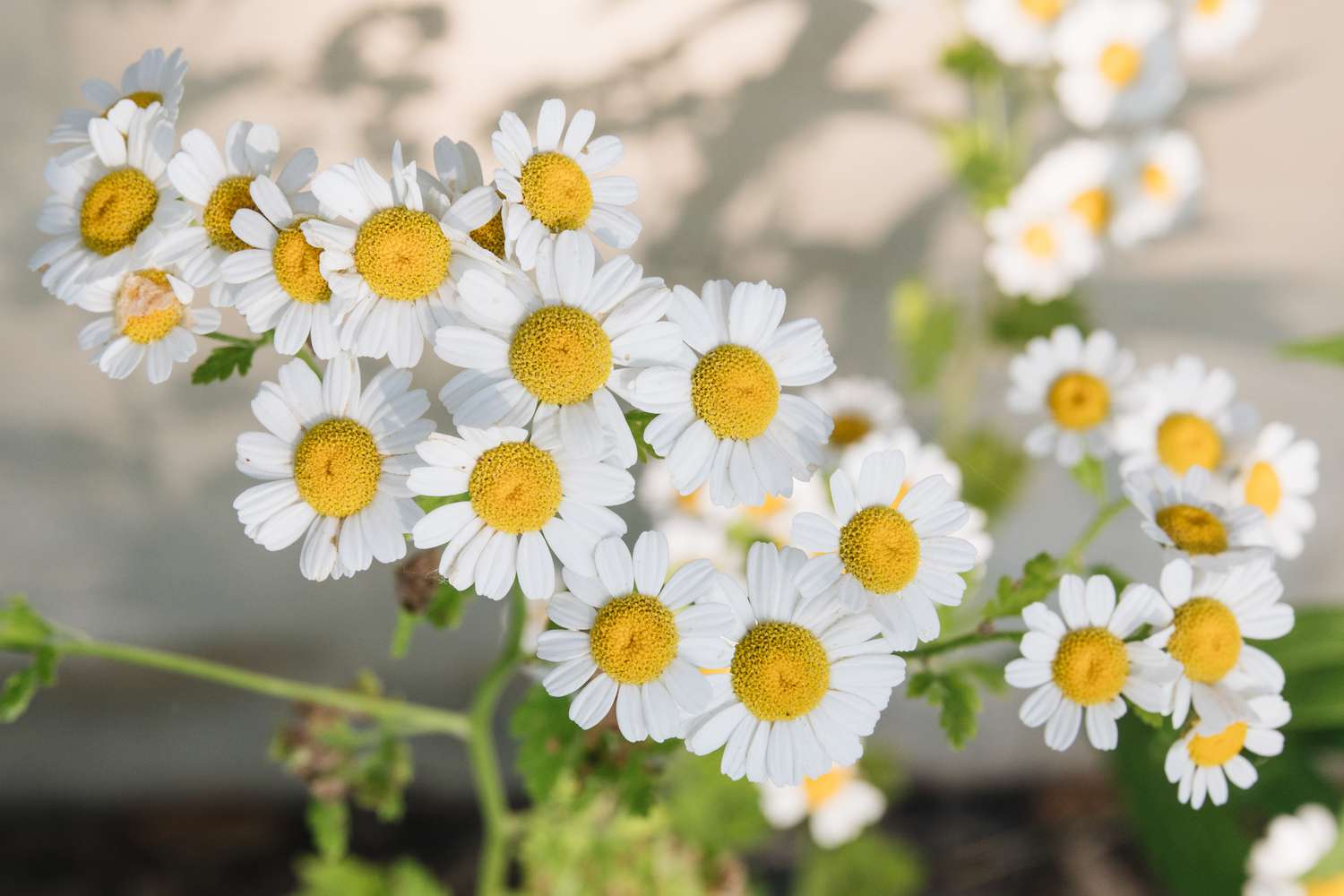
Chamomile, a beloved herbal remedy, boasts of incredible benefits. Known for calming nerves and aiding sleep, it’s a staple in many gardens. Chamomile tea, made from dried flowers, offers relief from digestive issues. The plant’s gentle, apple-like fragrance makes it a joy to grow at home. Beyond its soothing properties, chamomile helps heal skin irritations and minor wounds. An ancient medicinal marvel, it’s been cherished for centuries. Growing chamomile is simple; it thrives in pots or garden beds. Adding this versatile herb to your home garden not only enhances your health but also brings a touch of beauty and tranquility.
Read More About Chamomile: 16 Extraordinary Facts About Chamomile
11
of 39
Lavender

Lavender truly stands out as one of the most versatile plants for home gardens. Its delightful scent and striking purple blooms make it a favorite among gardeners. Beyond its aesthetic appeal, lavender contains numerous medicinal properties, from alleviating stress to aiding sleep. Surprisingly, this hardy plant thrives in a variety of conditions, making it an excellent addition to any garden. Whether you’re looking to attract pollinators, create homemade remedies, or simply enjoy its calming fragrance, lavender is a must-have.
Read More About Lavender: 11 Fun Facts About Lavender
12
of 39
Peppermint
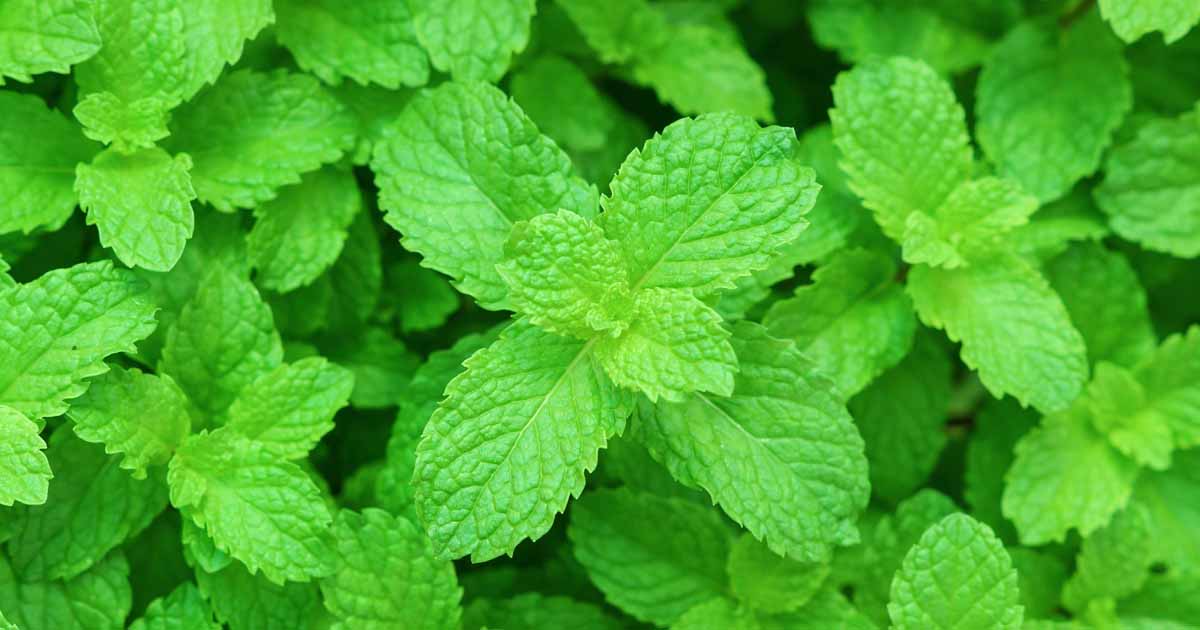
Peppermint, a popular and aromatic herb, has a rich history of medicinal uses and culinary delights. Bursting with minty freshness, it’s not only a tasty addition to teas and desserts but also a natural remedy for various ailments. From soothing digestive issues to relieving headaches, this versatile plant packs a punch. Surprisingly easy to grow at home, peppermint thrives in gardens and pots, making it a convenient and beneficial addition to any household. Dive into the world of peppermint and uncover fascinating tidbits that highlight its many charms and benefits.
Read More About Peppermint: 18 Enigmatic Facts About Peppermint
13
of 39
Thyme
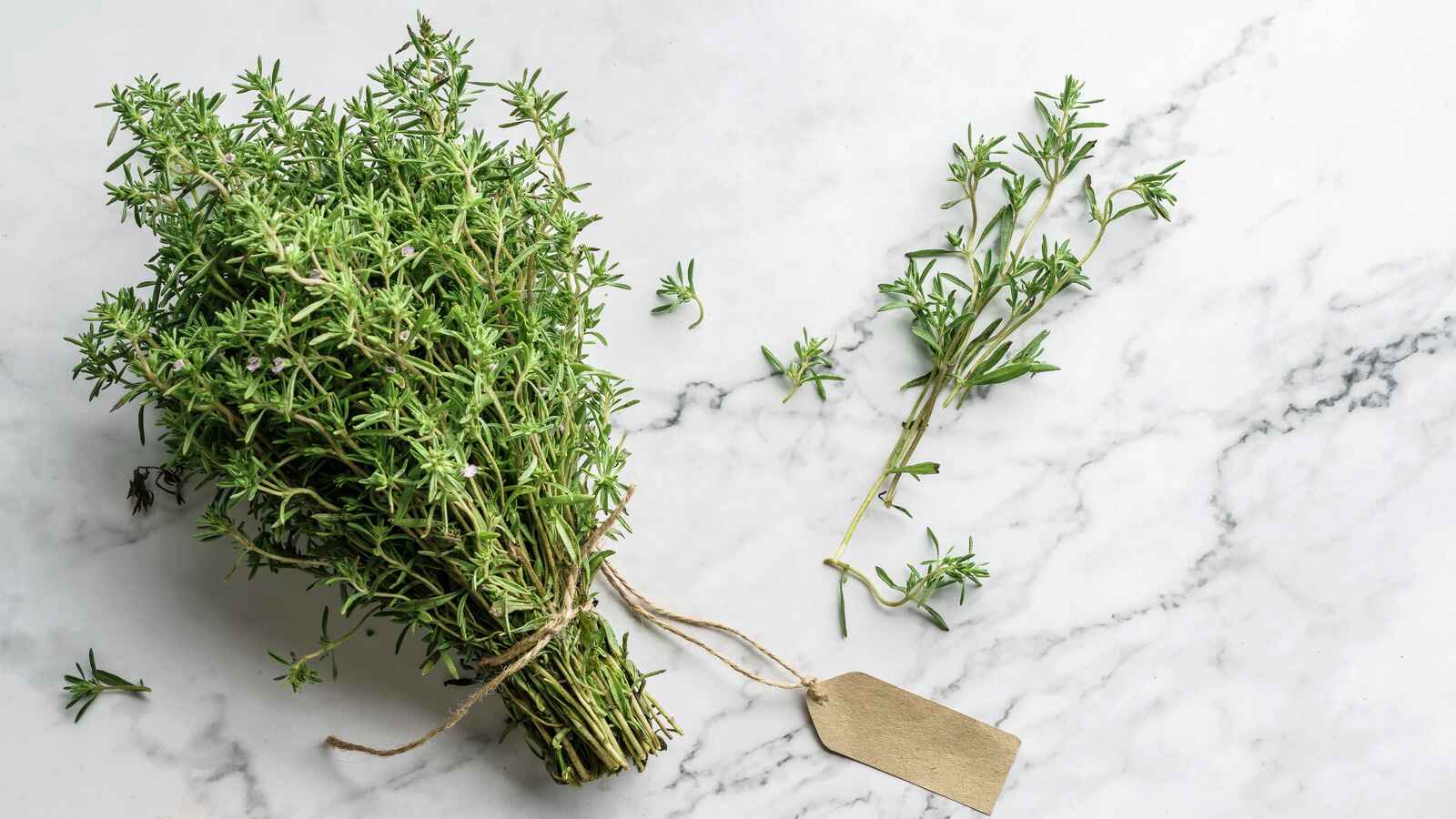
Thyme, a must-have for any herb garden, packs a punch with its potent medicinal properties. This versatile plant not only jazzes up recipes with its aromatic flair but also boasts of antibacterial and anti-inflammatory benefits. Perfect for home remedies, it aids digestion, eases coughs, and promotes skin health. Its hardy nature makes growing thyme at home a breeze, providing constant access to this powerful herb. Incorporating thyme into your garden can enhance both your culinary creations and health routines!
Read More About Thyme: 16 Facts About Thyme
14
of 39
Sage
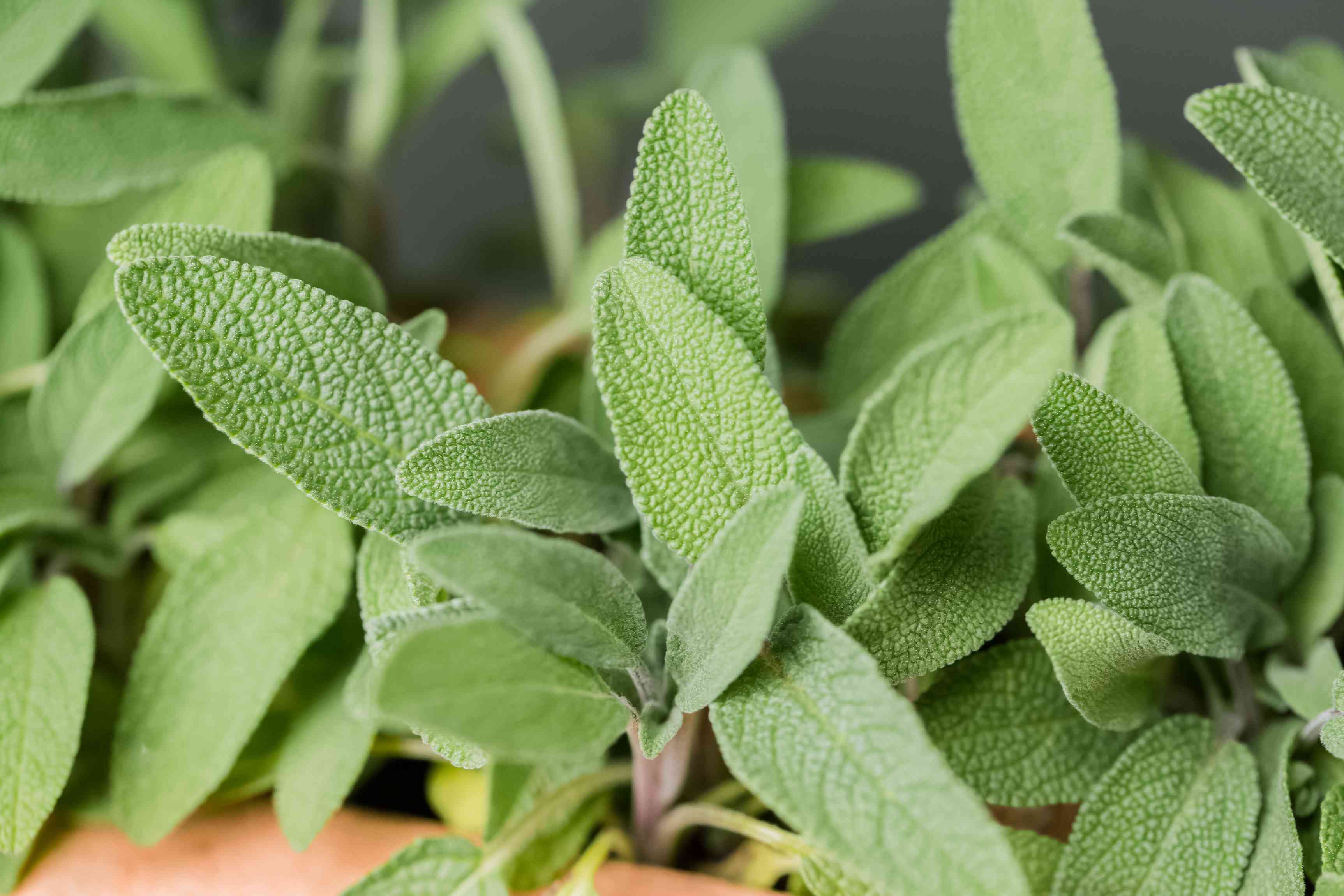
Sage, a versatile herb, isn’t just for cooking. Renowned for its medicinal properties, this perennial plant boosts health in various ways. It’s also easy to grow at home since it can grow both in pots and garden beds. The leaves, packed with antioxidants, can be used in teas, tinctures, or essential oils. Sage likewise aids in digestion, reduces inflammation, and alleviates sore throats. Historically, it was revered for its healing powers and even believed to help improve memory. It’s a must-have in any home garden, not just for its health benefits but also for its fragrant aroma and beautiful silvery-green leaves.
Read More About Sage: 20 Facts About Sage
15
of 39
Rosemary
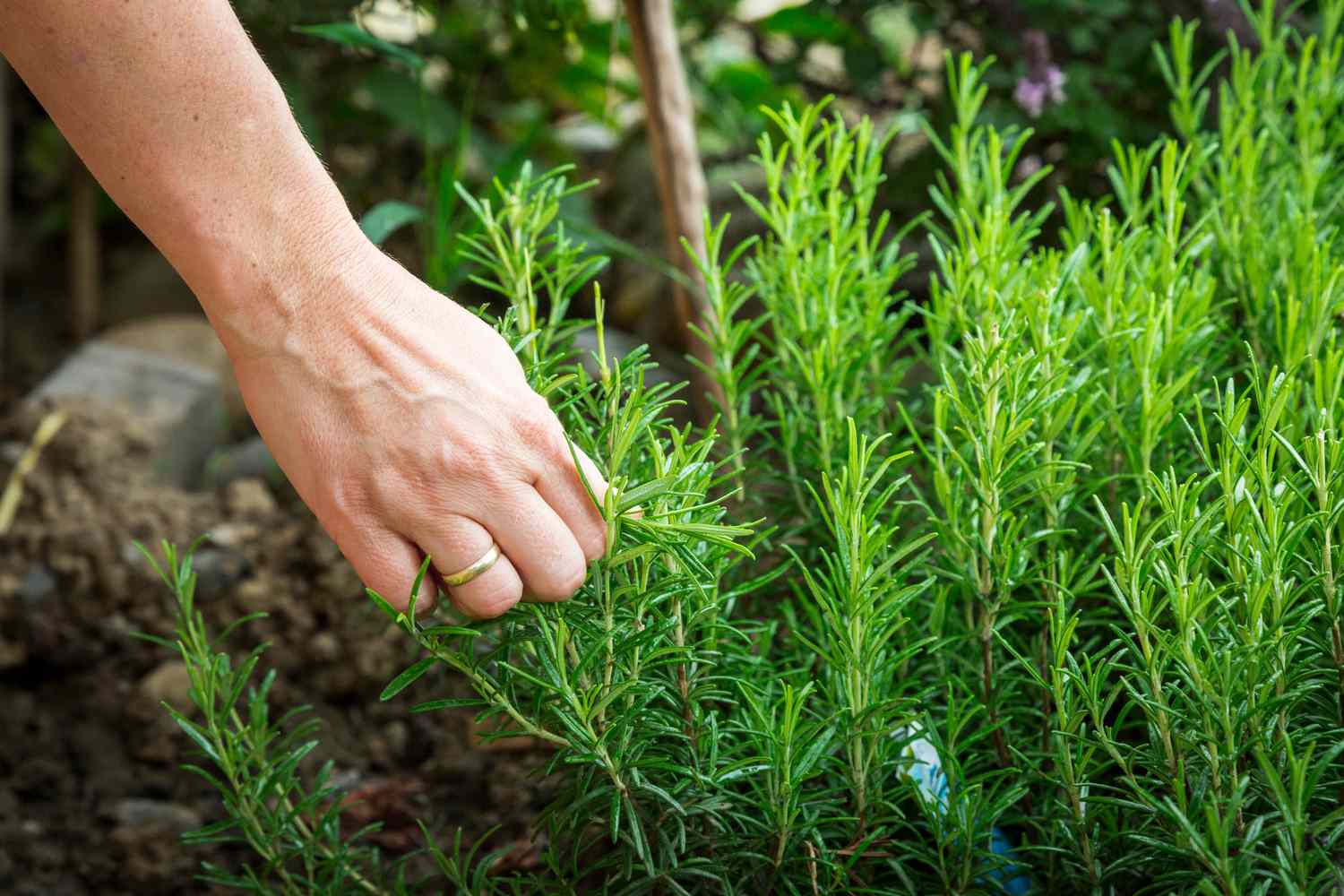
Rosemary, a fragrant and evergreen herb with needle-like leaves, has been cherished for centuries not just for flavoring dishes but also for its medicinal properties. Known to enhance memory, boost mood, and even improve digestion, its benefits are as diverse as its uses. Rosemary’s aromatic oils have been utilized in aromatherapy to reduce stress, while its antioxidant properties support overall health. Growing rosemary at home ensures fresh, organic access to this versatile herb, making it a must-have for any serious home gardener or herbal enthusiast.
Read More About Rosemary: 15 Facts About Rosemary
16
of 39
Echinacea
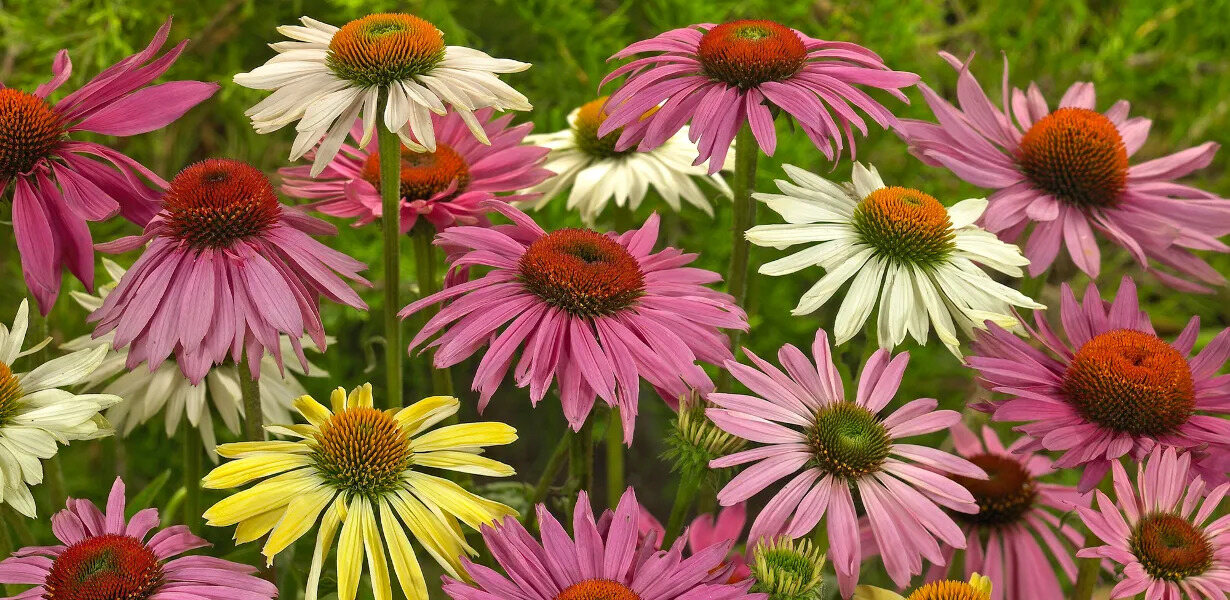
Echinacea, a popular medicinal plant, has vibrant purple flowers and immune-boosting properties. Often found in herbal supplements, teas, and tinctures, this hardy plant can easily be grown at home. Known for its ability to combat colds, reduce inflammation, and promote overall health, Echinacea has been a go-to remedy since the time of the Native Americans. Beyond its health benefits, this perennial plant attracts pollinators like bees and butterflies, making it a stunning and beneficial addition to any garden. Ideal for both seasoned gardeners and beginners, Echinacea is a must-have in any home apothecary garden.
Read More About Echinacea: 14 Mind-blowing Facts About Echinacea
17
of 39
Lemon Balm
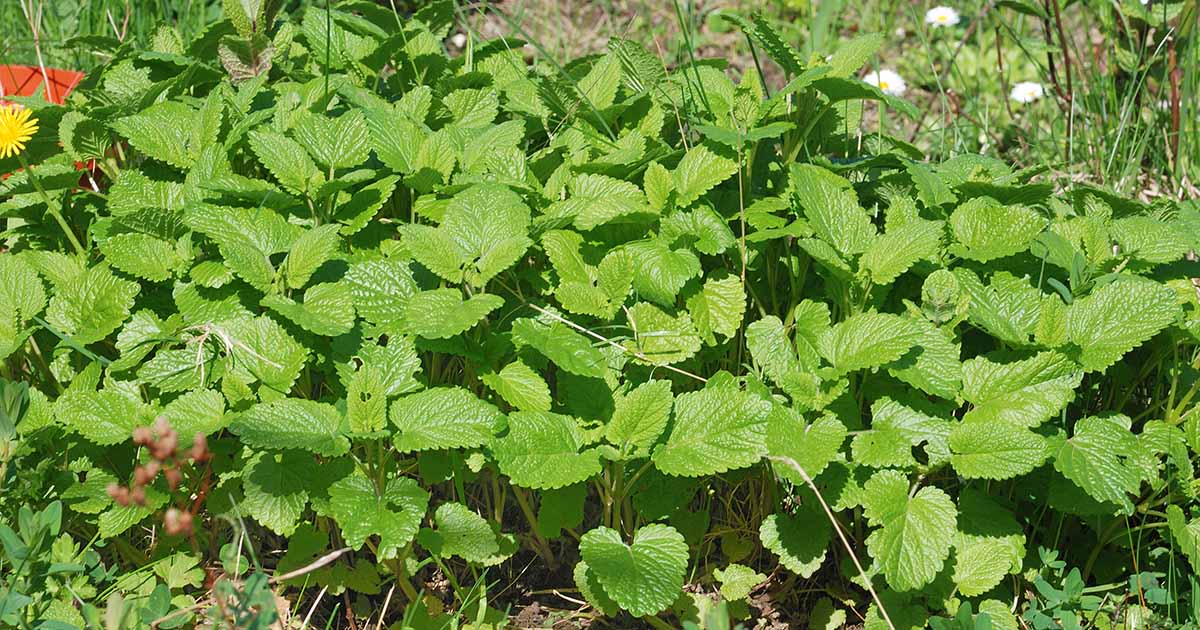
Lemon balm, a delightful herb bursting with lemony aroma, is a must-have for any medicinal garden. Flourishing indoors or outdoors, its heart-shaped leaves offer a bounty of benefits. Herbal teas made from this plant can soothe stress and aid in sleeping. Also known for its antiviral properties, lemon balm can help with cold sores. Easy to grow, this versatile gem attracts bees, promoting pollination in your garden. Crush the leaves to release their invigorating scent, enhancing any given space. From tea to tinctures, this herb adds a zesty touch to your home remedy collection. Discover the wonders of lemon balm today.
Read More About Lemon Balm: 12 Captivating Facts About Lemon Balm
18
of 39
Calendula
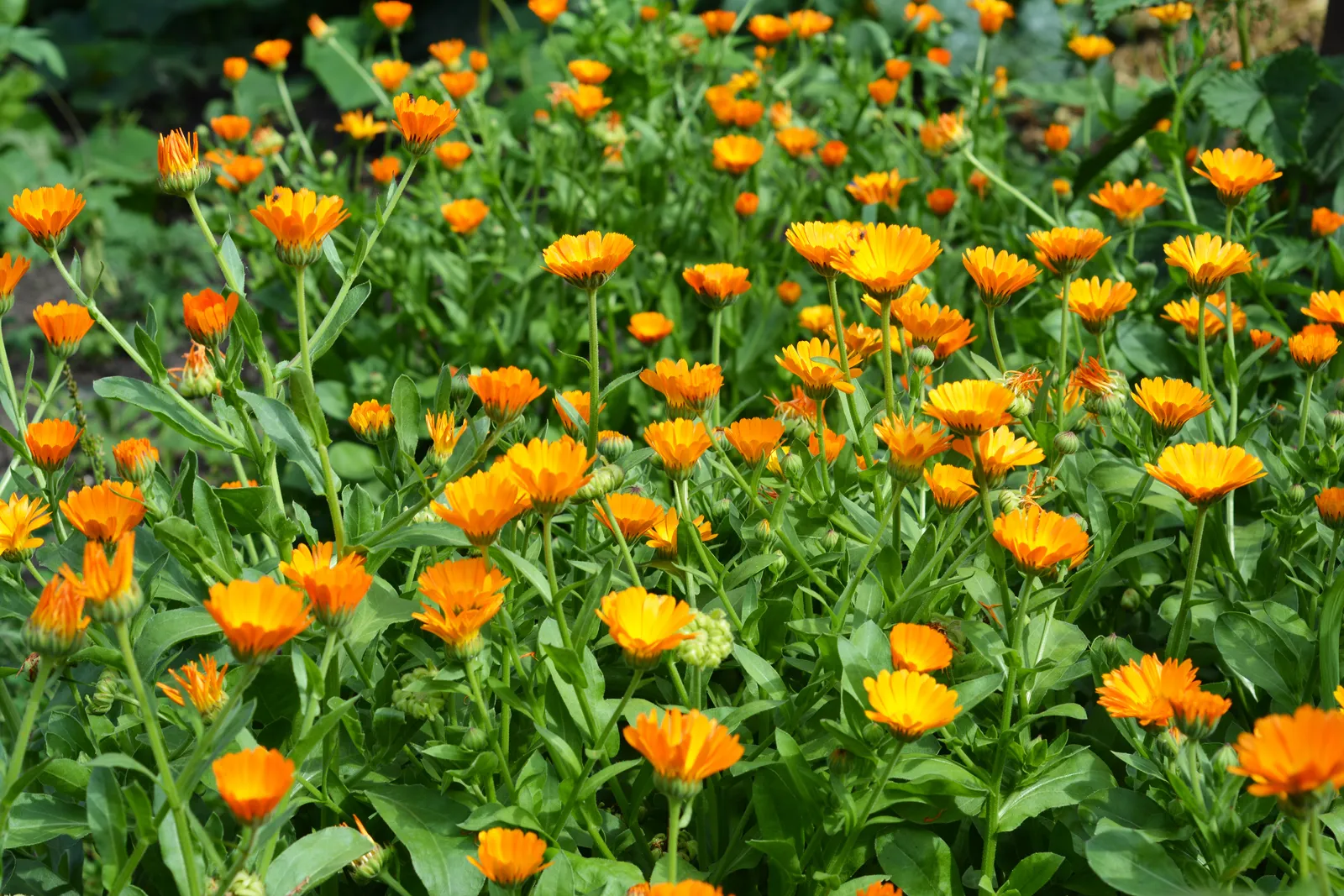
Calendula, often called pot marigold, is a bright and cheerful flower that’s not just pretty to look at but has some impressive medicinal properties. Traditionally used for its healing abilities, Calendula can soothe skin irritations, reduce inflammation, and even boost wound healing. Its petals are edible, making them a great addition to salads or teas. Easy to grow at home, this hardy plant thrives in various climates and requires minimal care. With its vibrant blooms and health benefits, Calendula is a must-have for garden lovers looking to add beauty and utility to their green space.
Read More About Calendula: 17 Astounding Facts About Calendula
19
of 39
Dill
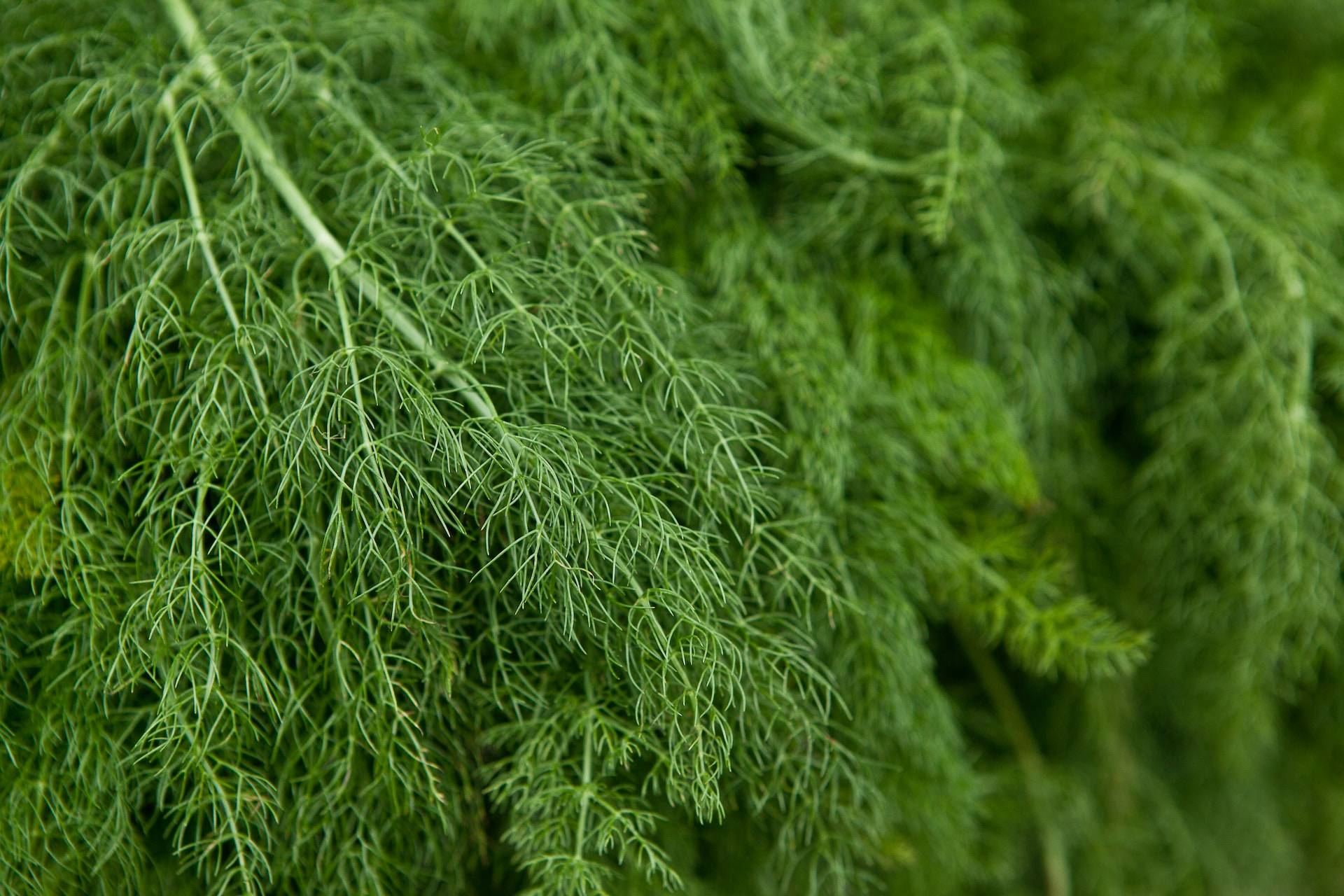
Dill, a versatile herb, offers more than just a pop of green in your garden. Known for its feathery leaves and distinct taste, dill can elevate home-cooked meals apart from having a virtual list of medicinal benefits. Used in traditional medicine, dill aids in digestion, reduces gas, and even combats insomnia. Plus, it’s easy to grow in your backyard or windowsill. Whether sprinkled on salmon or brewed into tea, dill brings a fresh twist to your culinary and health routines.
Read More About Dill: 17 Facts About Dill
20
of 39
Fennel
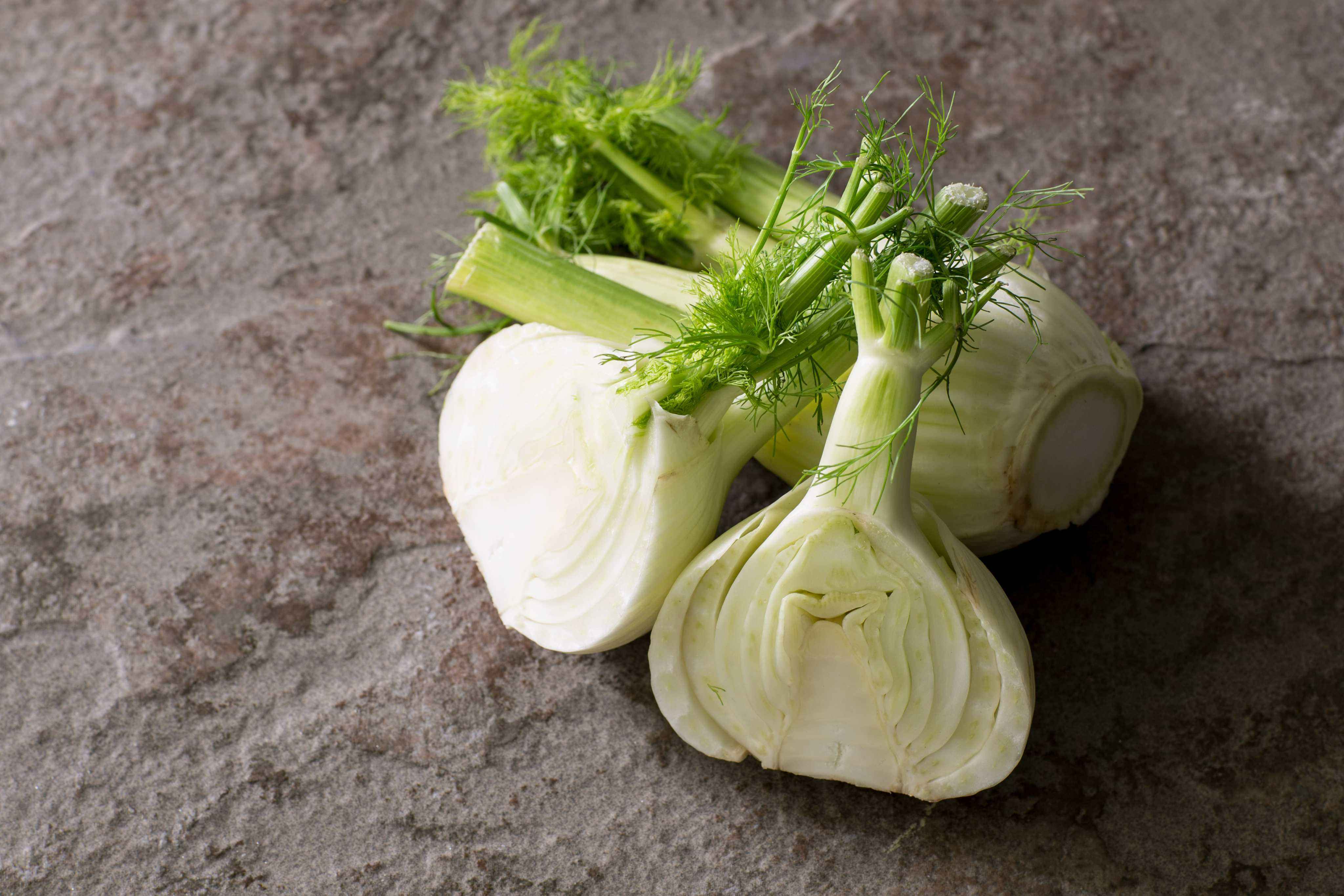
Fennel, a flavorful and aromatic herb, can double as a medicinal plant in your home garden. Known for its feathery leaves and bulbous base, fennel is used in cooking and as a traditional medicine. It has a unique flavor reminiscent of licorice, making it a standout in various dishes. Beyond its culinary appeal, fennel provides numerous health benefits, such as acting as a natural appetite suppressant. This versatile plant is relatively easy to grow, making it a perfect addition to your collection of homegrown medicinal herbs.
Read More About Fennel: 19 Facts About Fennel
21
of 39
Garlic
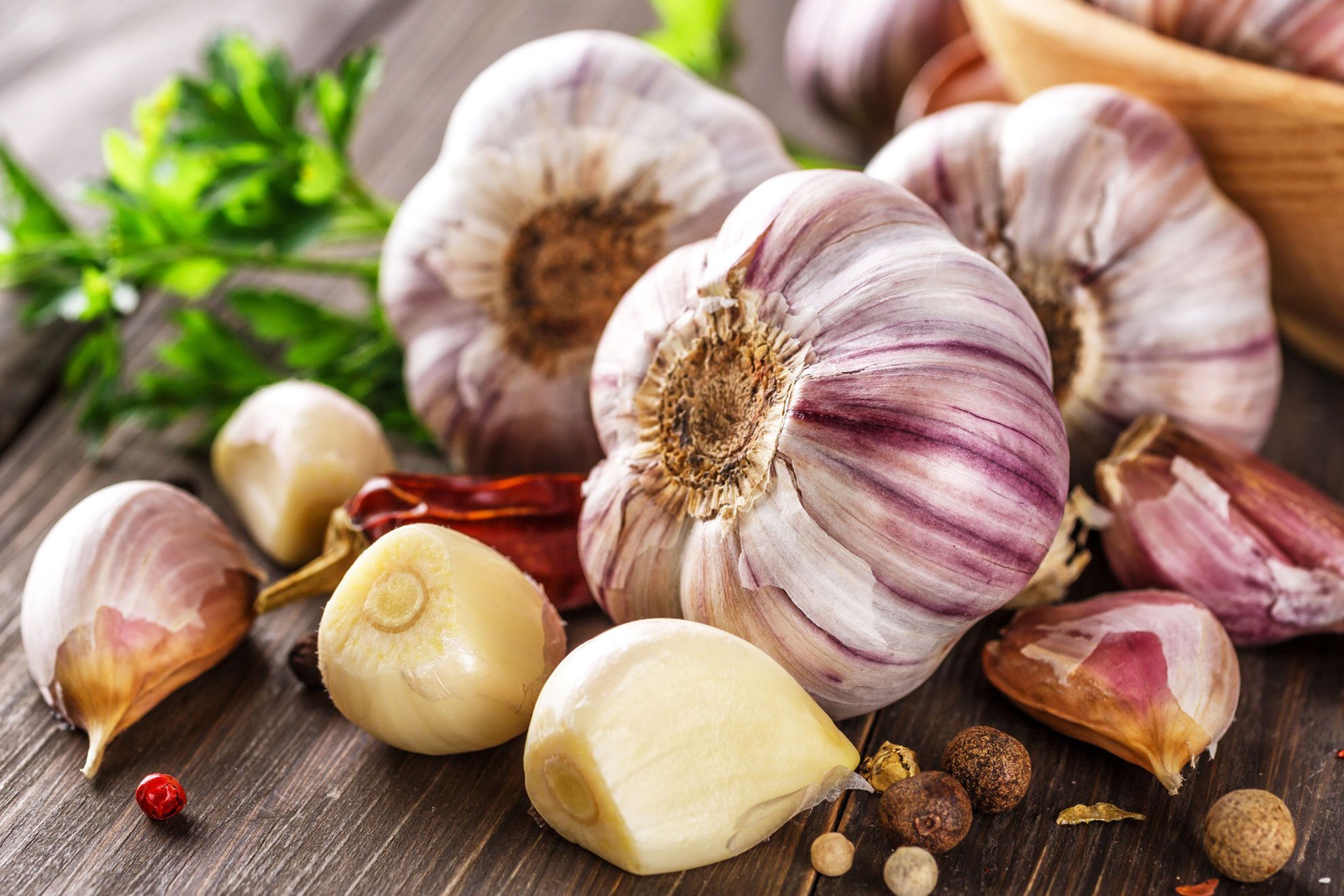
Garlic, a common kitchen staple, packs a punch in both flavor and health benefits. This versatile plant is easy to grow at home and can boost your garden’s medicinal offerings. Known for its strong aroma and distinct taste, garlic is filled with antioxidant and anti-inflammatory properties, making it a natural remedy for various ailments. From warding off colds to improving heart health, this bulbous wonder is a must-have in any medicinal garden. Its antibacterial and antiviral qualities have been celebrated for centuries, proving that sometimes the best remedies come from the earth.
Read More About Garlic: 12 Facts About Garlic
22
of 39
Ginger
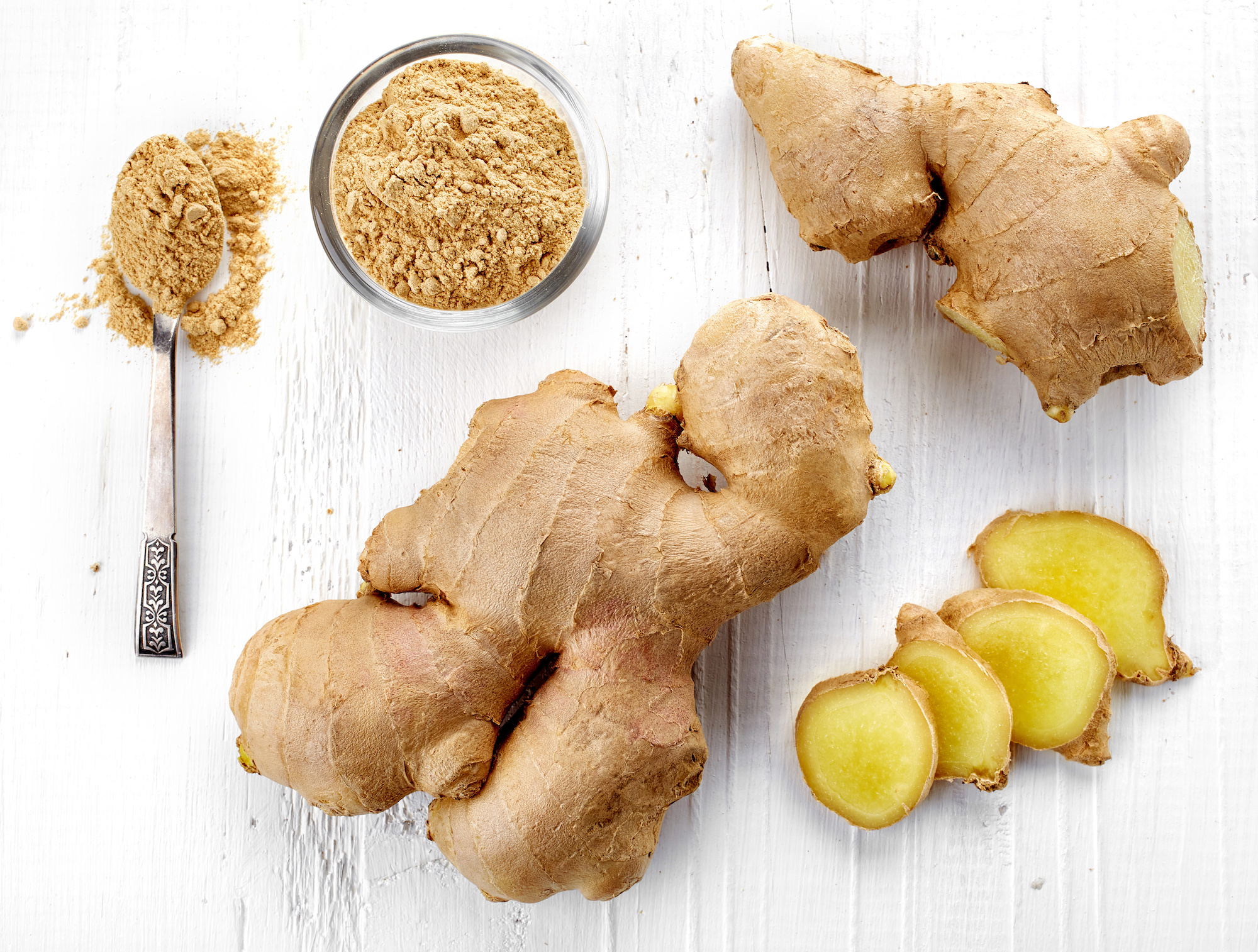
Ginger, a versatile spice, not only adds zest to dishes but also provides numerous health benefits. Known for its potent flavor and medicinal properties, ginger helps in digestion and combats nausea. This aromatic root can be grown right at home, making it a handy addition to any garden. Its therapeutic uses date back centuries, making it a staple in both traditional and modern medicine. Whether grated into a tea, added to meals, or used in natural remedies, ginger proves to be a multifaceted gem in the world of homegrown medicinal plants.
Read More About Ginger: Ginger Facts
23
of 39
Parsley
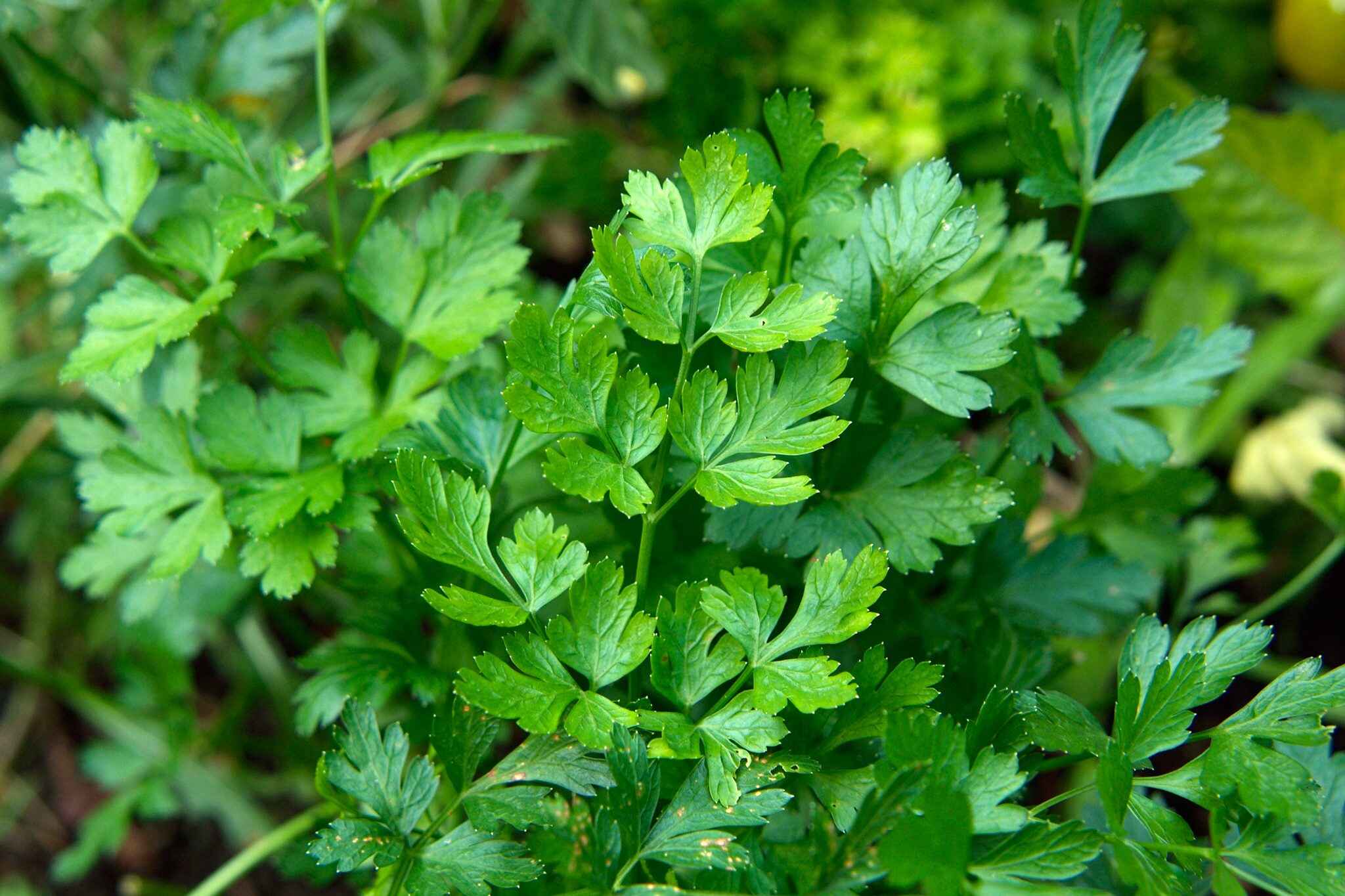
Parsley is a common herb in many kitchens and is packed with medicinal qualities. Often underestimated, this vibrant green plant can be grown right in your backyard. It’s loaded with vitamins, antioxidants, and essential oils that support good health. From soothing digestive issues to boosting the immune system, parsley has earned its spot among homegrown medicinal plants. Plus, it’s super easy to cultivate and maintain. Its refreshing taste can elevate your dishes while simultaneously contributing to your well-being. Engaging with parsley in your garden merges culinary delight with natural healing, making this herb a must-have in household greenery.
Read More About Parsley: 14 Facts About Parsley
24
of 39
Oregano
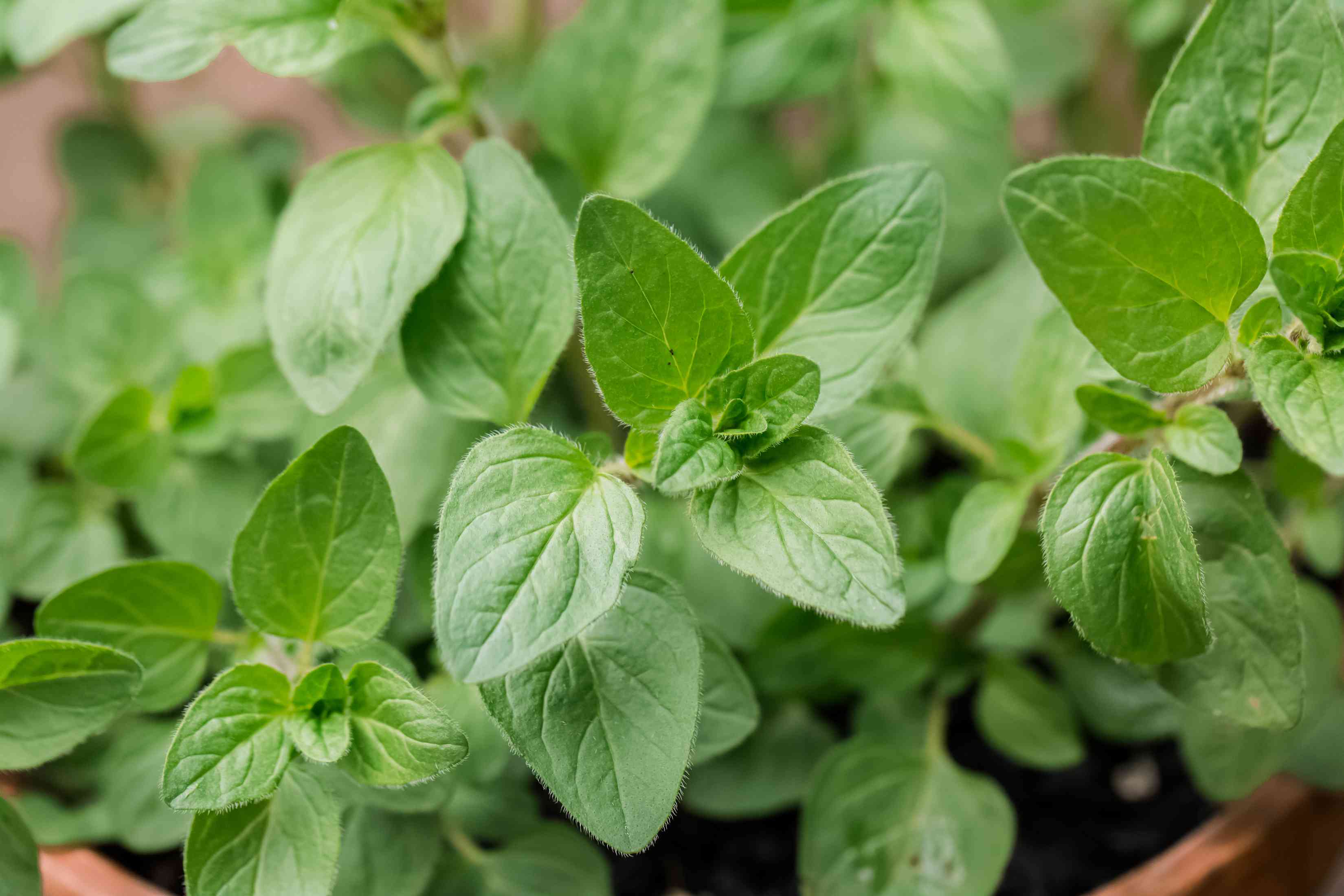
Known for its robust flavor and powerful medicinal properties, oregano is a versatile plant that adds zest to culinary dishes and offers numerous health benefits. With its origins in the Mediterranean, oregano thrives in well-drained soil and sunny locations. It’s rich in antioxidants and possesses anti-inflammatory, antibacterial, and antiviral properties. Perfect for teas, tinctures, and essential oils, oregano supports respiratory health and boosts the immune system. Growing oregano at home means having a fresh, aromatic herb ready to enhance meals and wellness routines year-round.
Read More About Oregano: 20 Facts About Oregano
25
of 39
St. John’s Wort
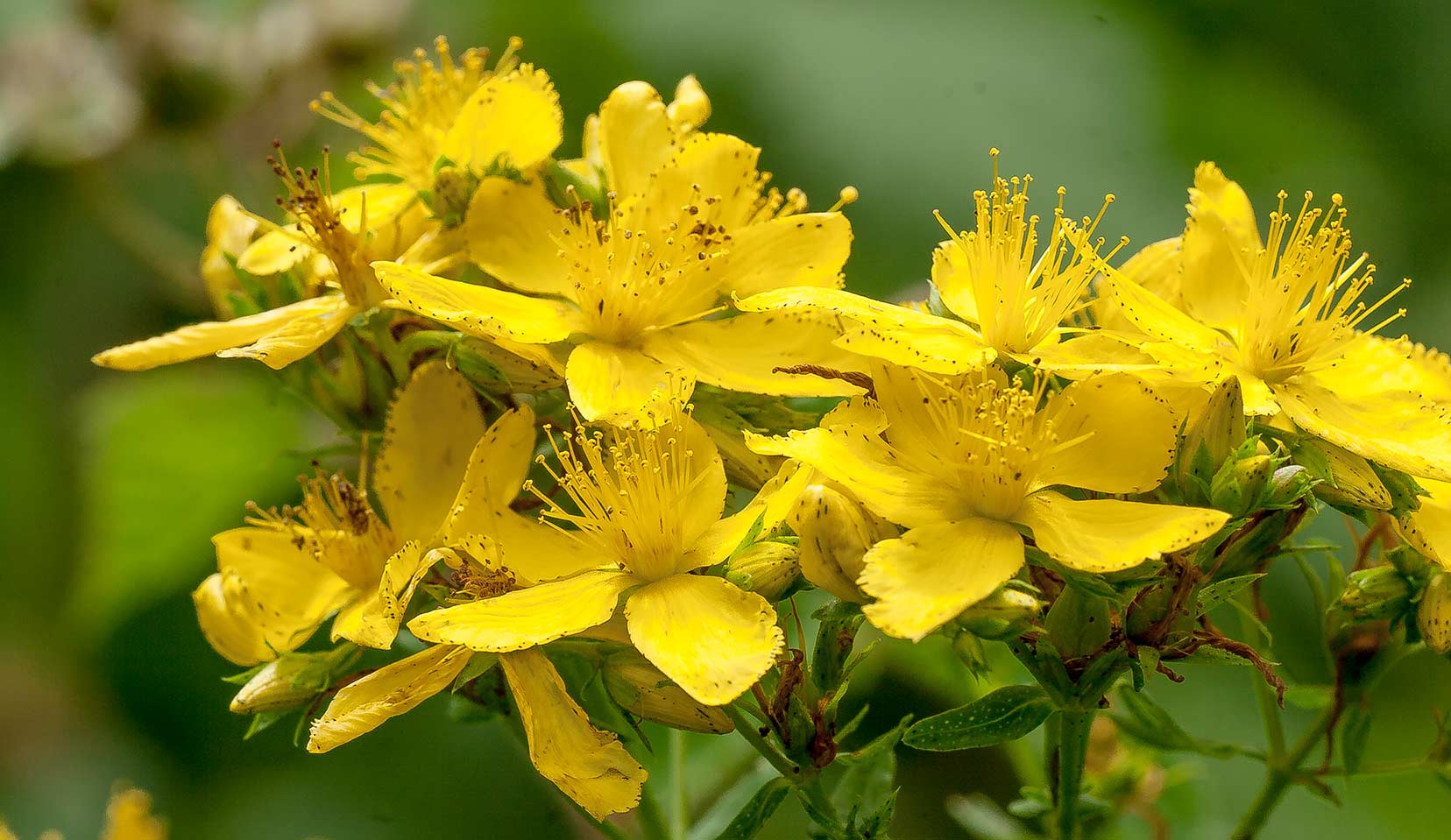
Hypericum, often called St. John’s Wort, is a versatile herb known for its bright yellow flowers and medicinal properties. Popular in folk medicine, it’s been used for centuries to treat various ailments, including depression and wounds. Easy to grow at home, this plant thrives in sunny spots with well-drained soil. Besides its health benefits, Hypericum adds a splash of color to your garden with its vibrant blooms. This wonderful herb offers both beauty and wellness, making it a delightful addition to any home garden.
Read More About St. John’s Wort: 12 Intriguing Facts About Hypericum
26
of 39
Turmeric
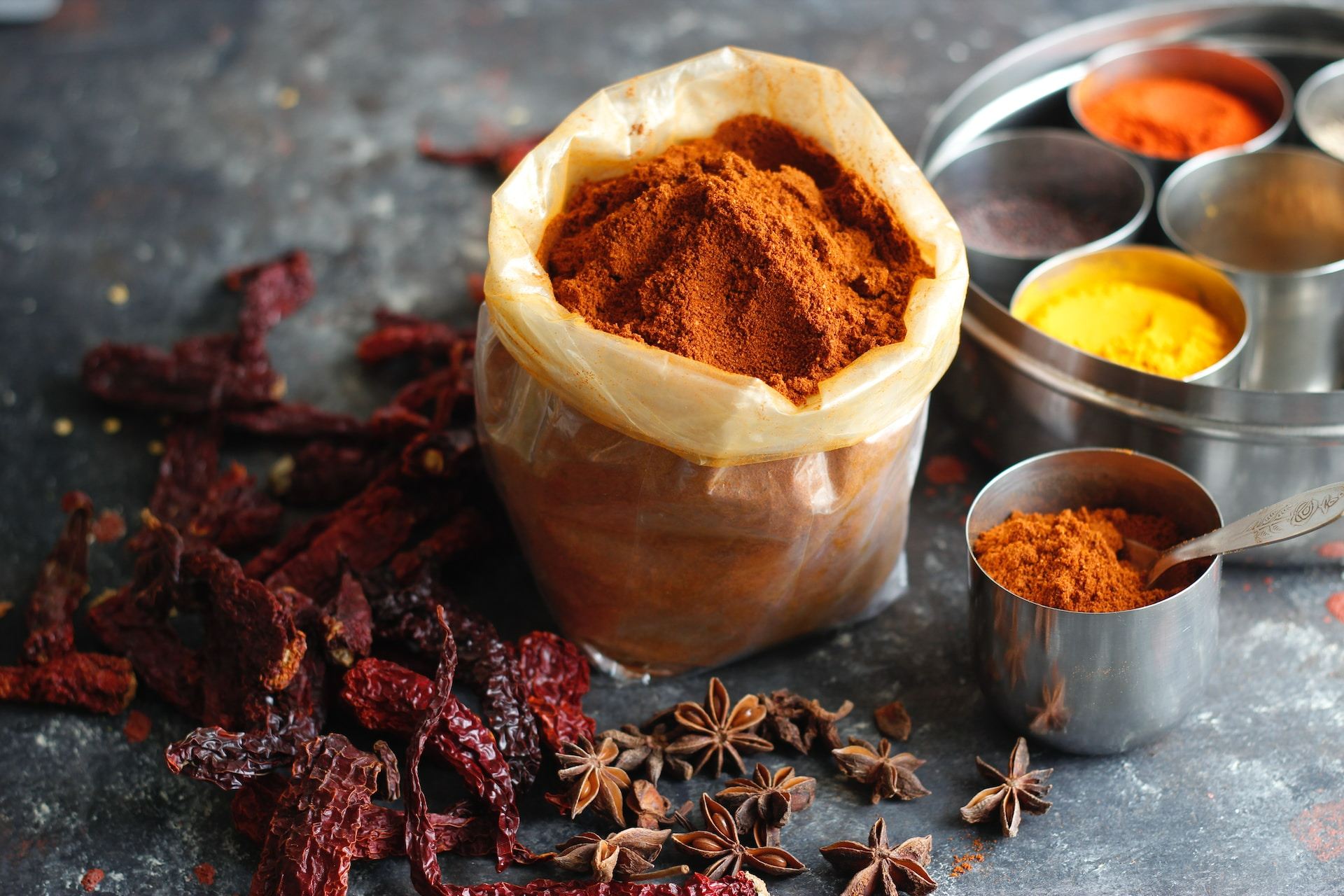
Known for its anti-inflammatory properties, tumeric, especially its root, can be a powerful ally in your home garden. Besides spicing up your meals, this plant eases arthritis pain and boosts immunity. Growing it at home ensures you have a fresh, organic supply on hand. It’s easy to cultivate in pots or garden beds as tumeric thrives in warm, humid conditions. Once harvested, dry and grind the roots or use them fresh. With turmeric, you’re not just adding color to dishes but embracing a healthier lifestyle.
Read More About Turmeric: 20 Facts About Turmeric
27
of 39
Yarrow
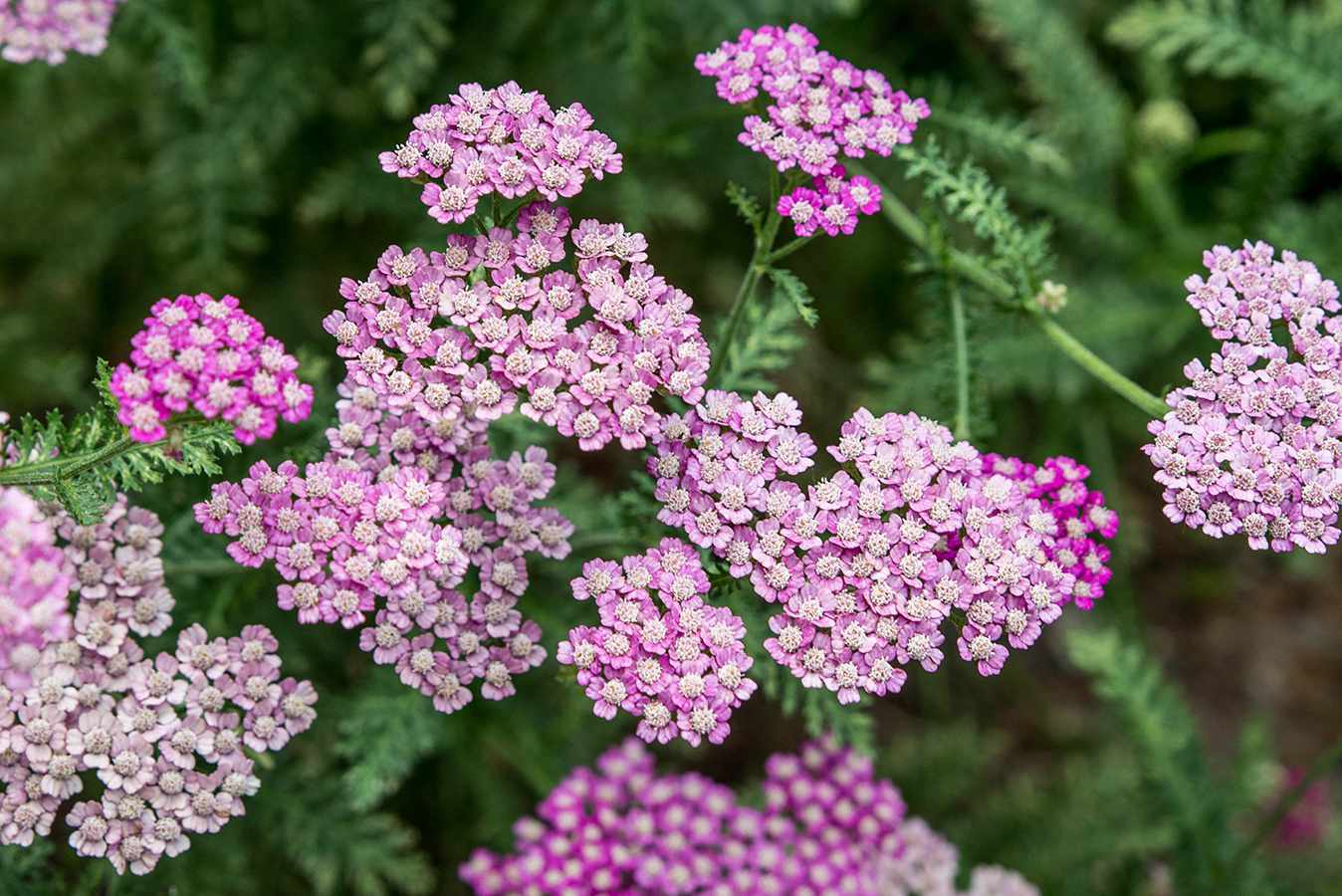
Yarrow is a fascinating medicinal plant, that has a rich history in home remedies. Known for its feathery leaves and clusters of white or pink flowers, this hardy herb can thrive in various climates. Yarrow’s healing properties include aiding in digestion and promoting wound healing. Besides its medicinal uses, yarrow attracts beneficial insects to your garden. Easy to cultivate, it can be a beautiful and functional addition to any home garden, offering numerous health benefits while adding charm to your outdoor space.
Read More About Yarrow: 19 Astonishing Facts About Yarrow
28
of 39
Catnip
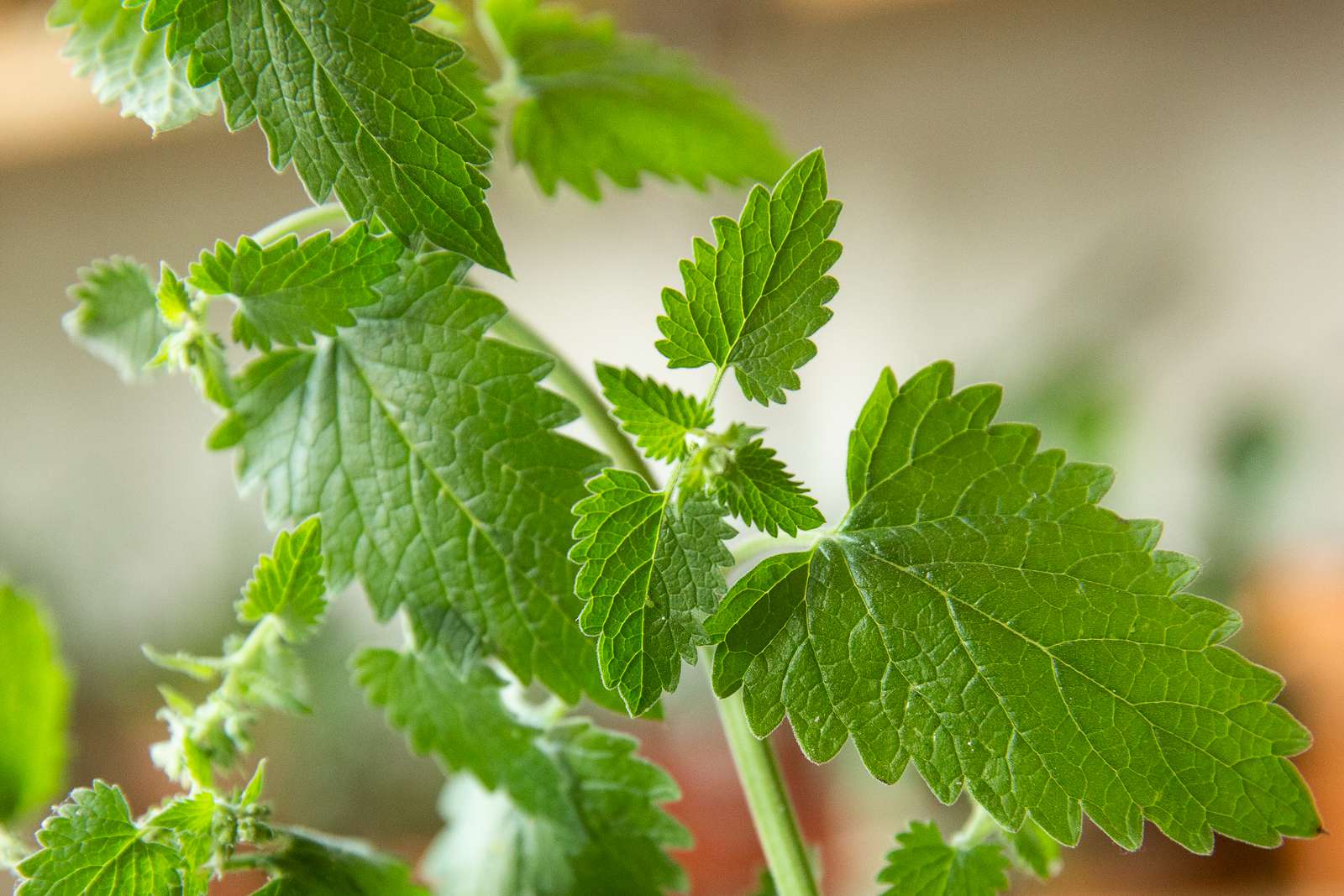
Catnip, scientifically known as Nepeta cataria, is a fascinating herb that’s not just for our feline friends. This perennial plant, with its heart-shaped leaves and tiny purple flowers, offers various uses beyond amusing cats. Known for its soothing properties, catnip can be grown easily at home and used in teas to calm nerves. Its essential oils have insect-repelling qualities, making it a natural pest deterrent. Catnip is a must-try garfen plant for its myriad benefits and ease of cultivation.
Read More About Catnip: 20 Catnip Facts
29
of 39
Cilantro
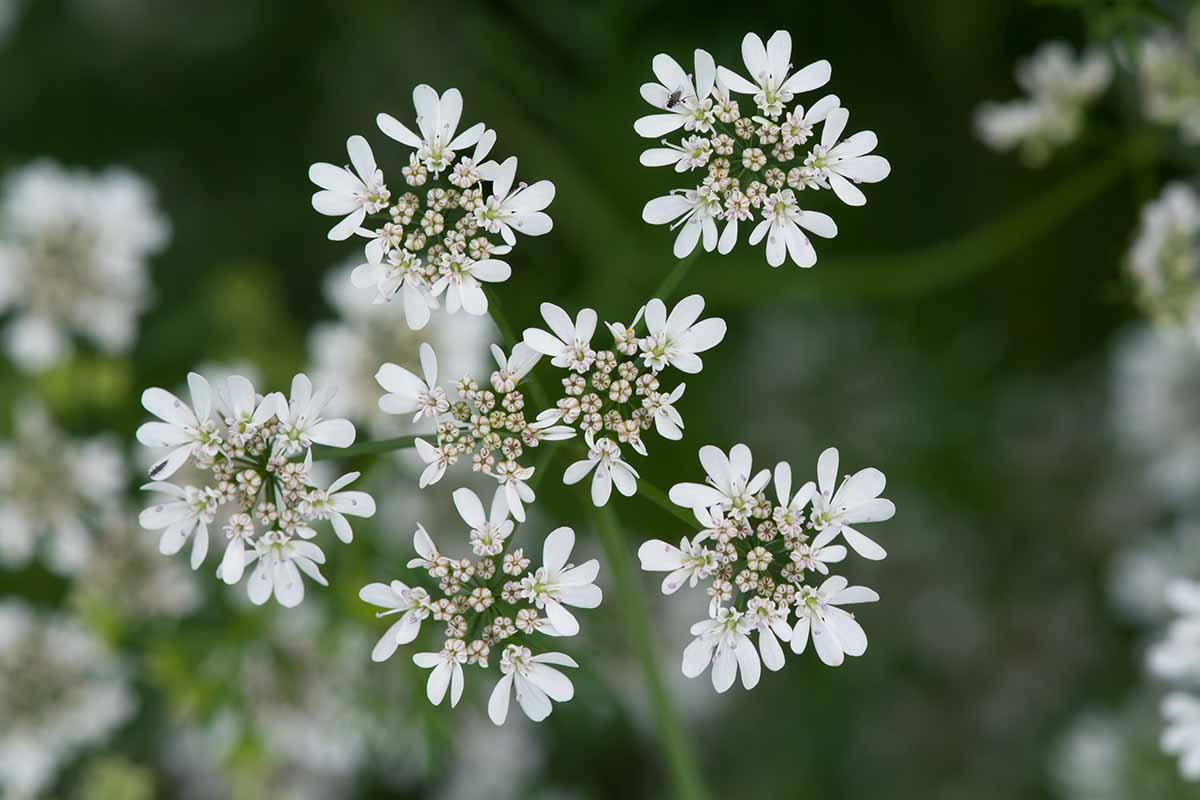
Cilantro, an easy-to-grow herb at home, packs a punch with its vibrant flavor and numerous health benefits. Bursting with vitamins and antioxidants, it’s known to support digestion, lower blood sugar levels, and reduce inflammation. Plus, its antibacterial properties can help fight infections. Cilantro also acts as a natural detoxifier, aiding in the removal of heavy metals from the body.
Read More About Cilantro: 8 Astounding Facts About Cilantro
30
of 39
Dandelion
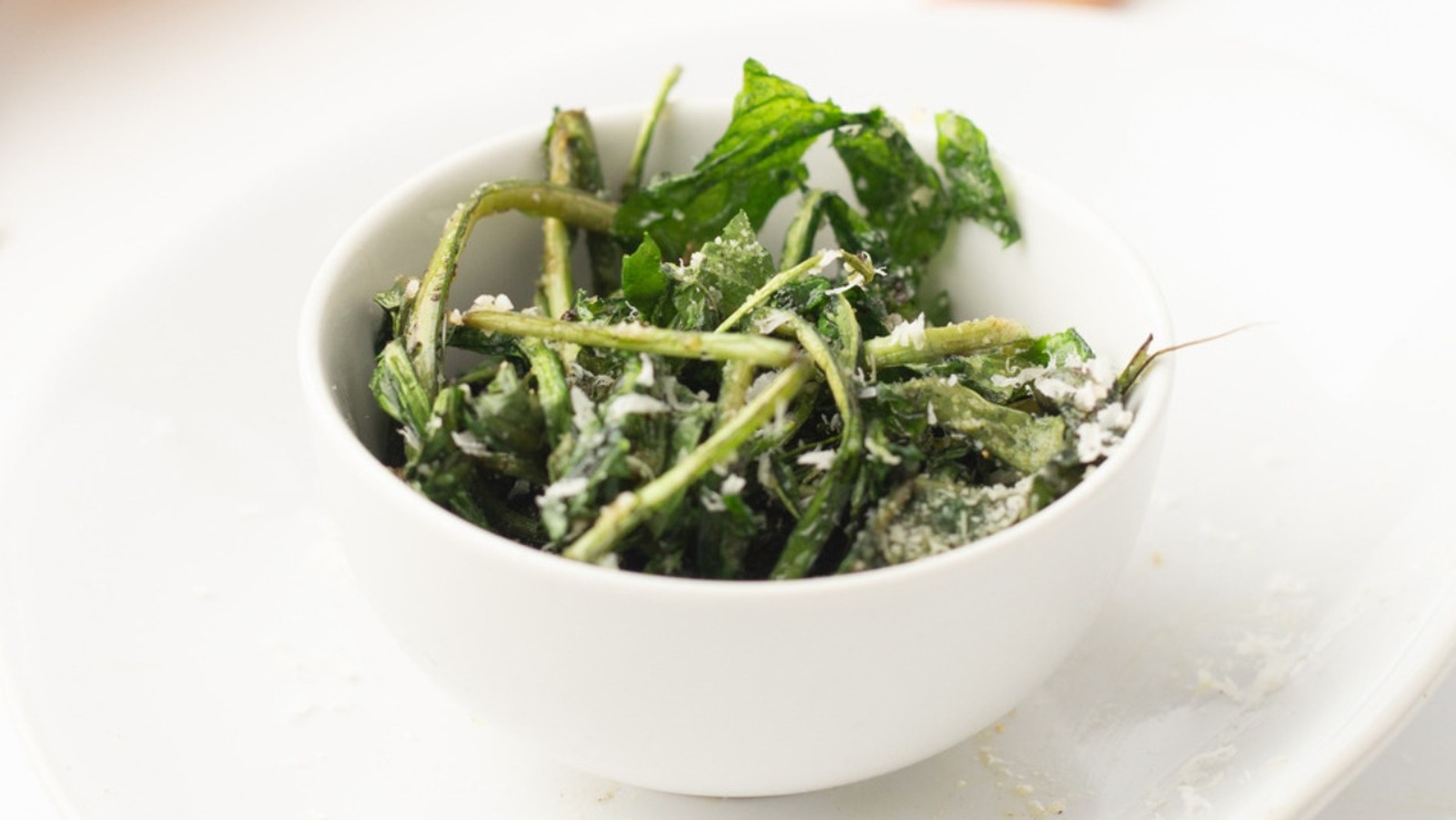
Dandelions aren’t just pesky weeds—they’re potent medicinal plants you can grow right in your garden. These sunny yellow flowers are packed with vitamins and minerals, making them a natural remedy for various ailments. From aiding digestion to boosting your immune system, dandelions offer multiple health benefits. Plus, they’re incredibly resilient and easy to cultivate, thriving in almost any soil type. Whether you’re making tea from the leaves or using the roots for a detox, dandelions are a versatile addition to your homegrown herbal arsenal.
Read More About Dandelion: 15 Facts About Dandelion
31
of 39
Feverfew
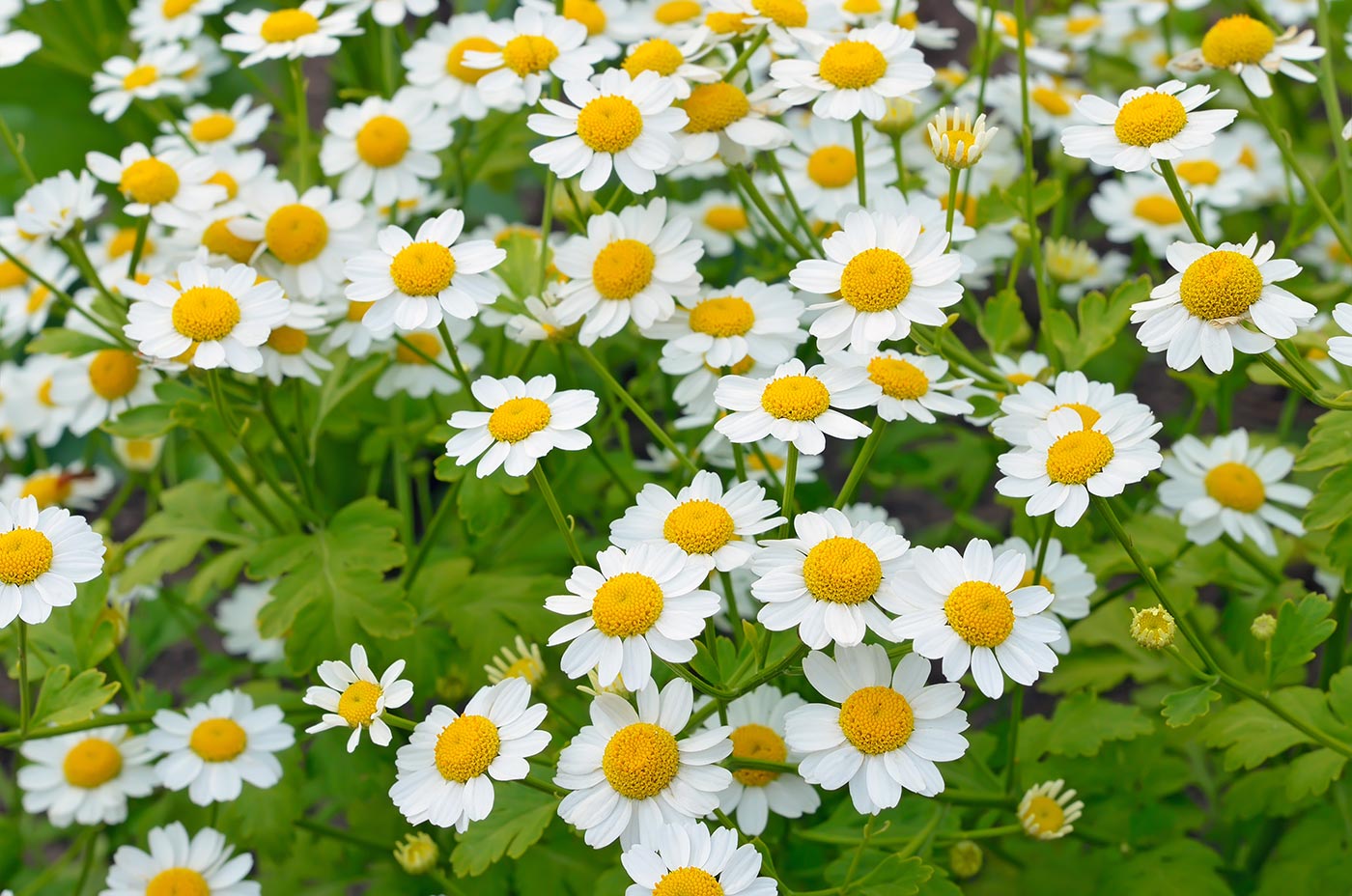
Feverfew features a bounty of benefits. Known for its daisy-like flowers, this medicinal plant has been cherished for centuries. Its primary acclaim comes from its potential to alleviate migraines and headaches. Some folks even use it to ease arthritis pain. The plant’s anti-inflammatory properties also make it a handy natural remedy. Easy to grow, feverfew thrives in well-drained soil with ample sunlight. Beyond its therapeutic uses, the cheerful blossoms add a lovely splash of color to your green space. Cultivating feverfew can turn your garden into a healing haven.
Read More About Feverfew: 8 Captivating Facts About Feverfew
32
of 39
Holy Basil
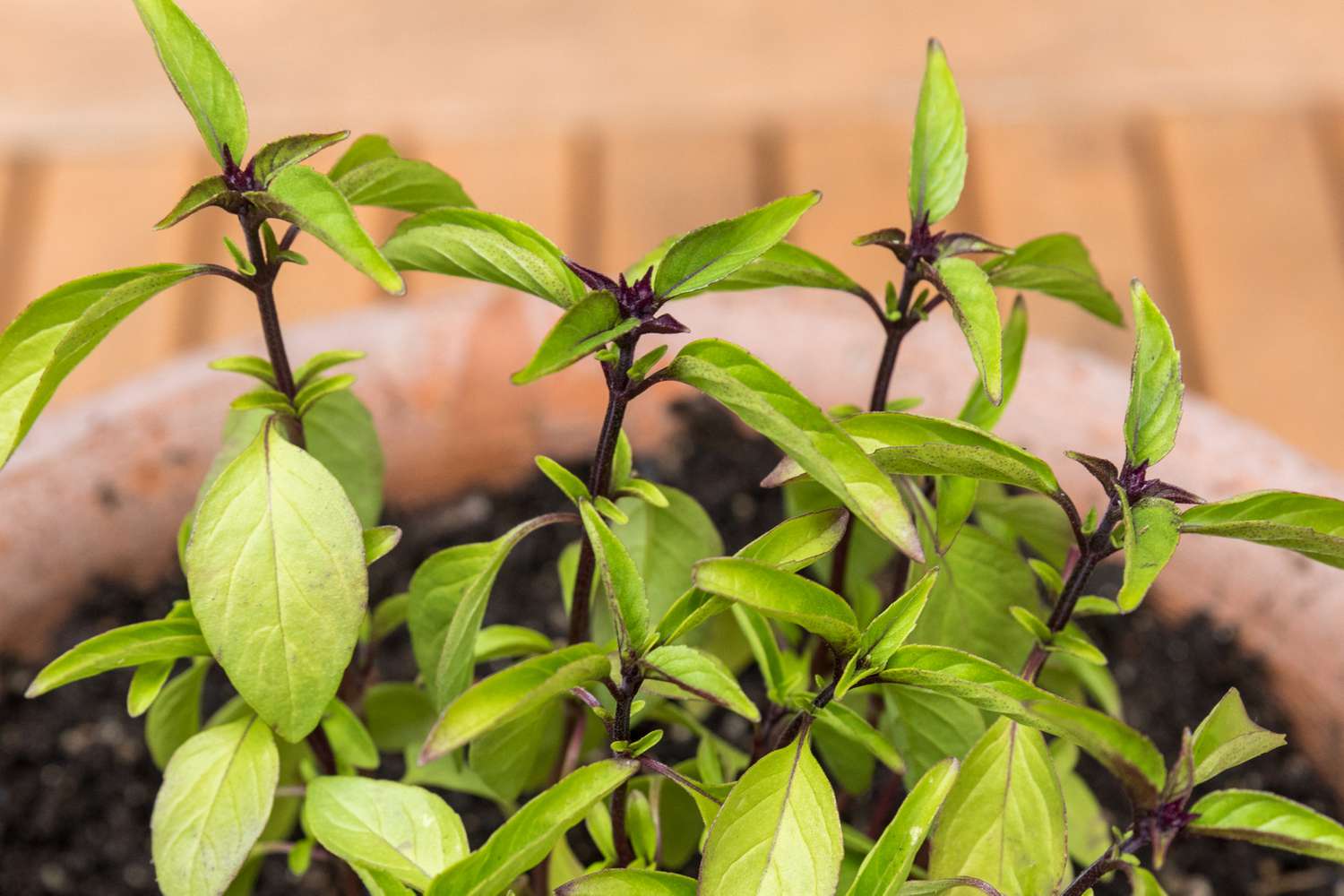
Thai Basil, a fragrant herb with purple stems and green leaves, packs a punch in the culinary and medicinal world. Bursting with antioxidants, it supports immune health. Rich in vitamins A, C, and K, this herb also has antibacterial attributes. Growing basil at home is a breeze, making it a fantastic addition to any home garden. Discover its myriad benefits and elevate your garden game with this versatile plant.
Read More About Holy Basil: 18 Thai Basil Nutrition Facts
33
of 39
Hyssop
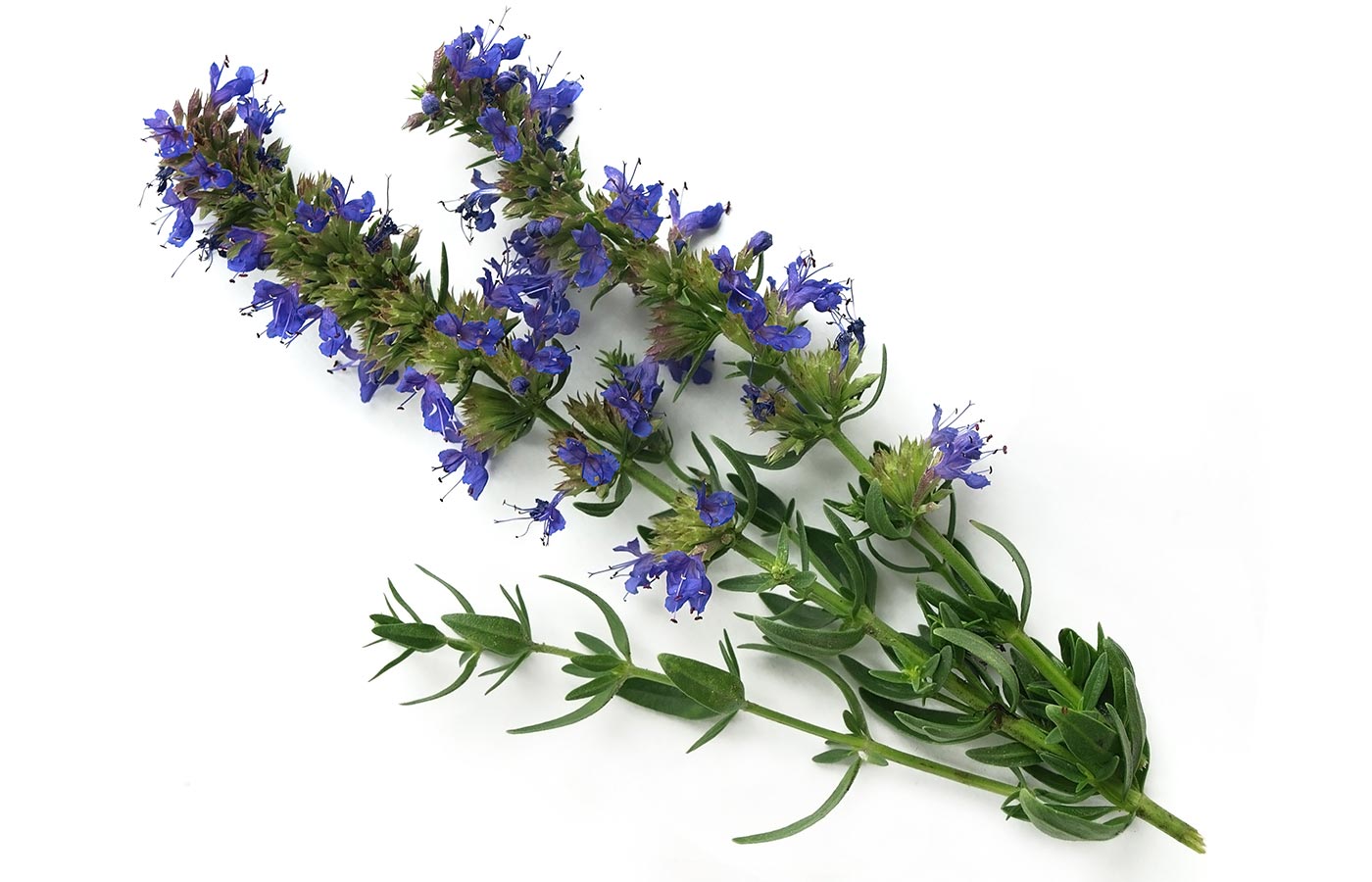
Hyssop is a versatile herb that’s both beautiful and beneficial. With its vibrant blue or purple flowers, it brightens any garden while offering medicinal healing. Hyssop is traditionally used for respiratory ailments, digestive issues, and even as an antiseptic. Plus, it’s a magnet for pollinators like bees and butterflies, so your garden becomes an ecological haven. Grow it in a sunny spot, and you’ll be rewarded with a hardy plant that’s easy to maintain.
Read More About Hyssop: 8 Captivating Facts About Hyssop
34
of 39
Lemongrass
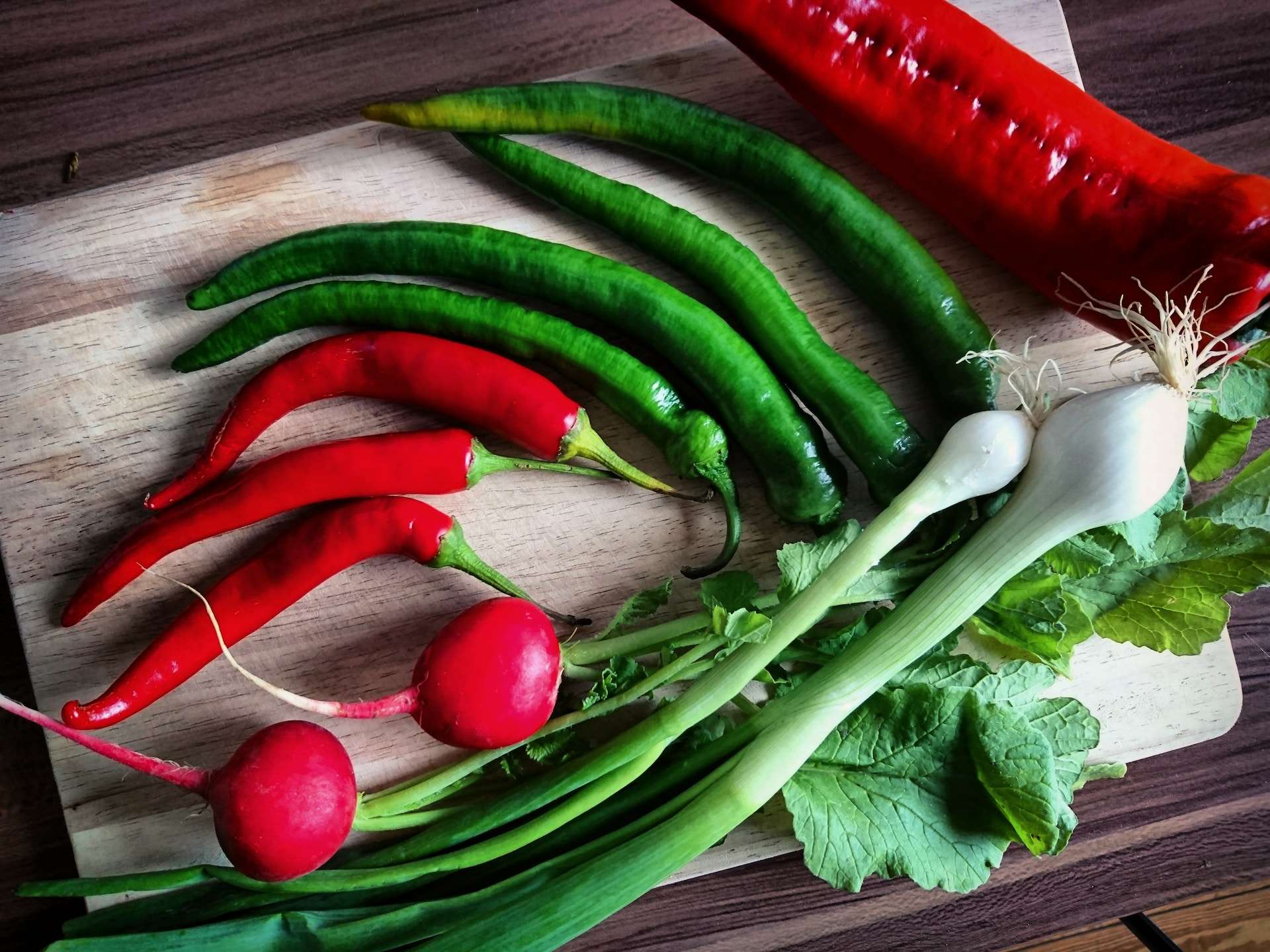
Lemongrass, a fragrant herb commonly used in culinary dishes and teas, also boasts of impressive medicinal credentials. Known for its citrusy aroma, this plant serves as a natural remedy for various ailments. From addressing digestive issues to reducing anxiety, lemongrass can easily be grown at home, making it a versatile addition to your medicinal garden. Besides its health benefits, lemongrass is also an effective mosquito repellent, adding extra value to your garden.
Read More About Lemongrass: 18 Facts About Lemongrass
35
of 39
Marjoram
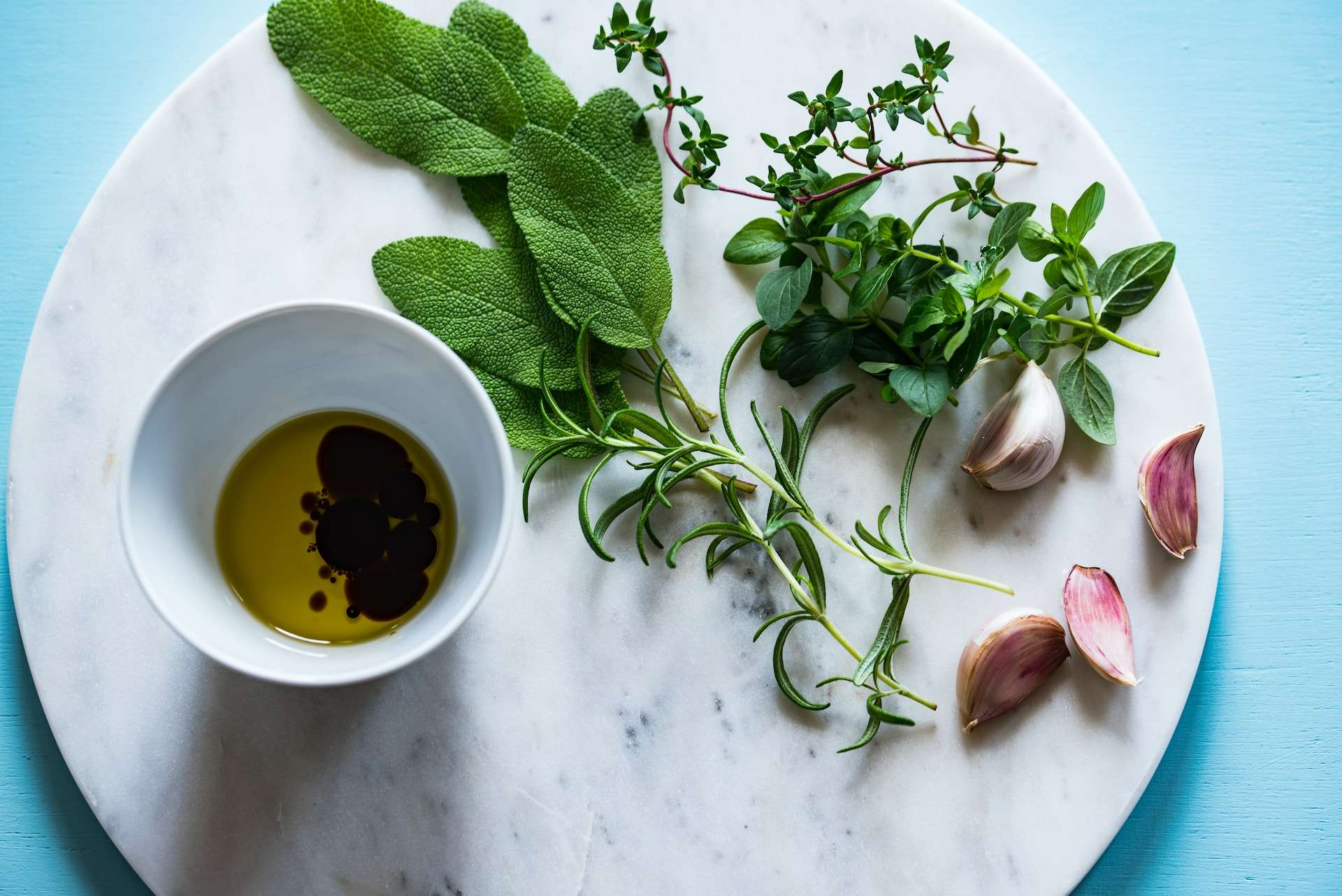
Marjoram, a delightful herb, not only in the culinary world but also in home remedies. A popular ingredient in Mediterranean cuisine, its subtle, sweet flavor enhances soups, stews, and dressings. Beyond the kitchen, marjoram is known as a medicinal powerhouse. It can help with digestion, relieve anxiety, and even ease headaches. Growing it at home is a breeze—whether in a garden or a pot on the windowsill. This herb doesn’t just smell amazing; it’s a handy plant with multiple benefits.
Read More About Marjoram: 20 Facts About Marjoram
36
of 39
Mint
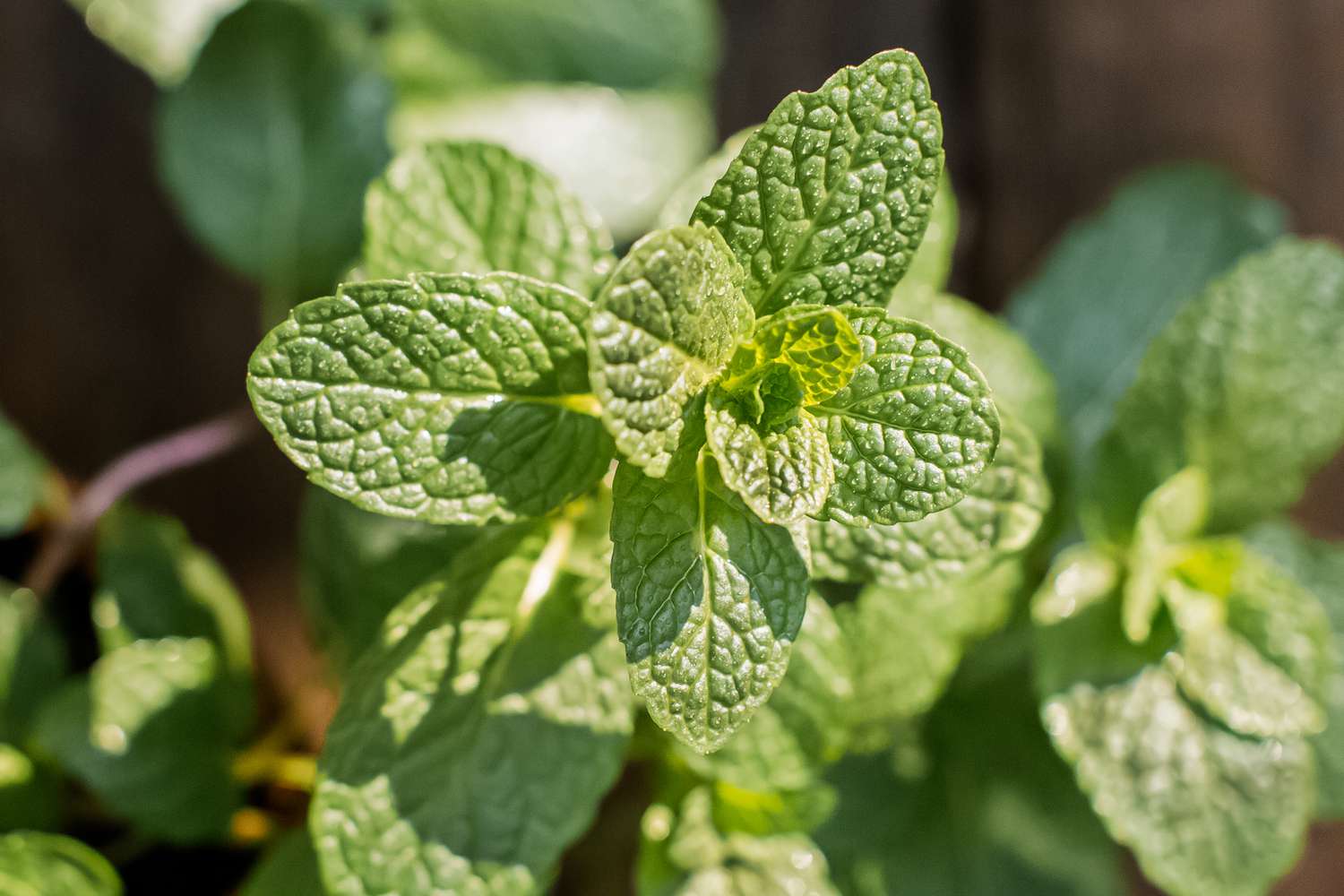
Mint offers more than just a refreshing flavor; it’s a powerful garden plant. Known for its invigorating scent, mint can thrive indoors and outside. Its leaves contain essential oils that have various medicinal properties which can relieve headaches aid in digestion. This versatile herb can be used fresh or dried, in teas, salads, or even as a skincare product ingredient. Easy to grow, mint can provide a lush green addition to any space. With its vibrant aroma and myriad uses, mint is a must-have in any collection of medicinal plants.
Read More About Mint: 13 Facts About Mint
37
of 39
Saffron
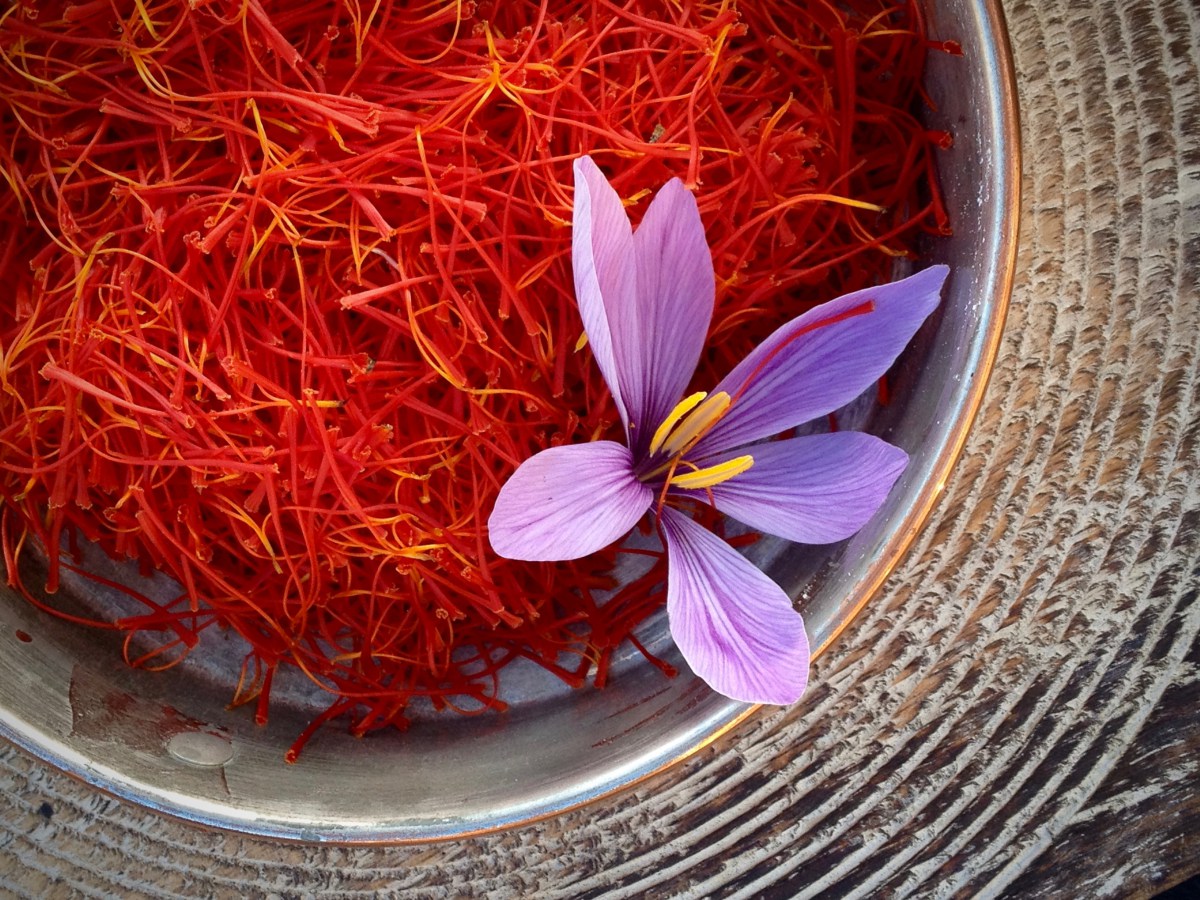
Saffron, often called “red gold,” is a spice derived from the Crocus sativus flower. Known for its vibrant color, unique aroma, and subtle flavor, it’s been cherished for its culinary, medicinal, and dyeing properties. Growing saffron at home can be a rewarding experience as it offers not only an exquisite perspective to your garden but also as a valuable ingredient for various dishes and remedies. This exotic spice thrives in well-drained soil with plenty of sunlight.
Read More About Saffron: 17 Facts About Saffron
38
of 39
Stevia
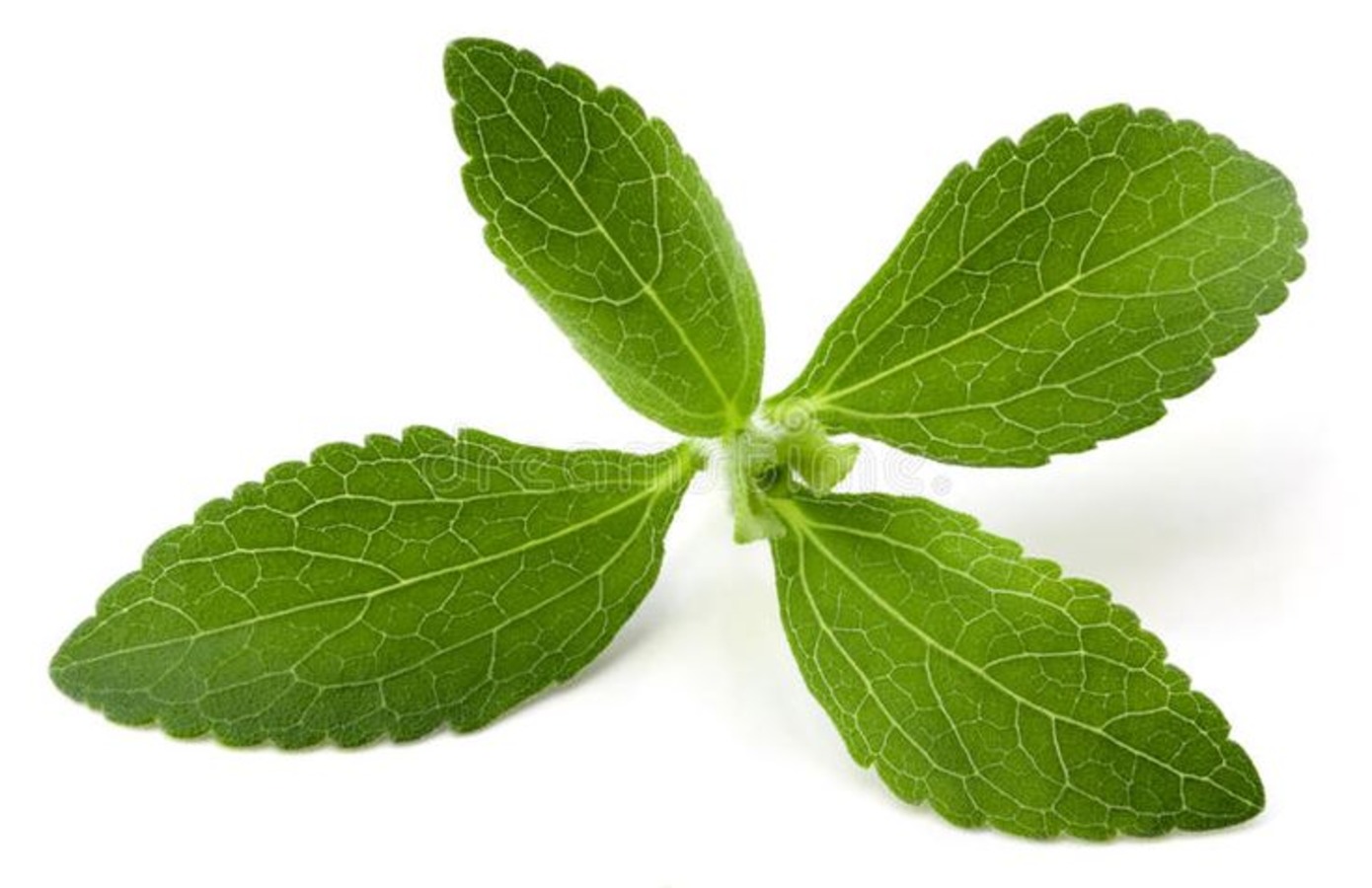
Stevia is a sweet and natural plant that can easily be grown at home. This remarkable herb, native to South America, offers a calorie-free alternative to sugar. Its leaves contain compounds called steviol glycosides which provide intense sweetness. Perfect for those looking to reduce sugar intake or manage diabetes, stevia can be used in beverages, cooking, and baking. Growing stevia requires minimal effort—just plenty of sunlight. The plant not only thrives in gardens but also flourishes in pots.
Read More About Stevia: 12 Facts About Stevia
39
of 39
Valerian
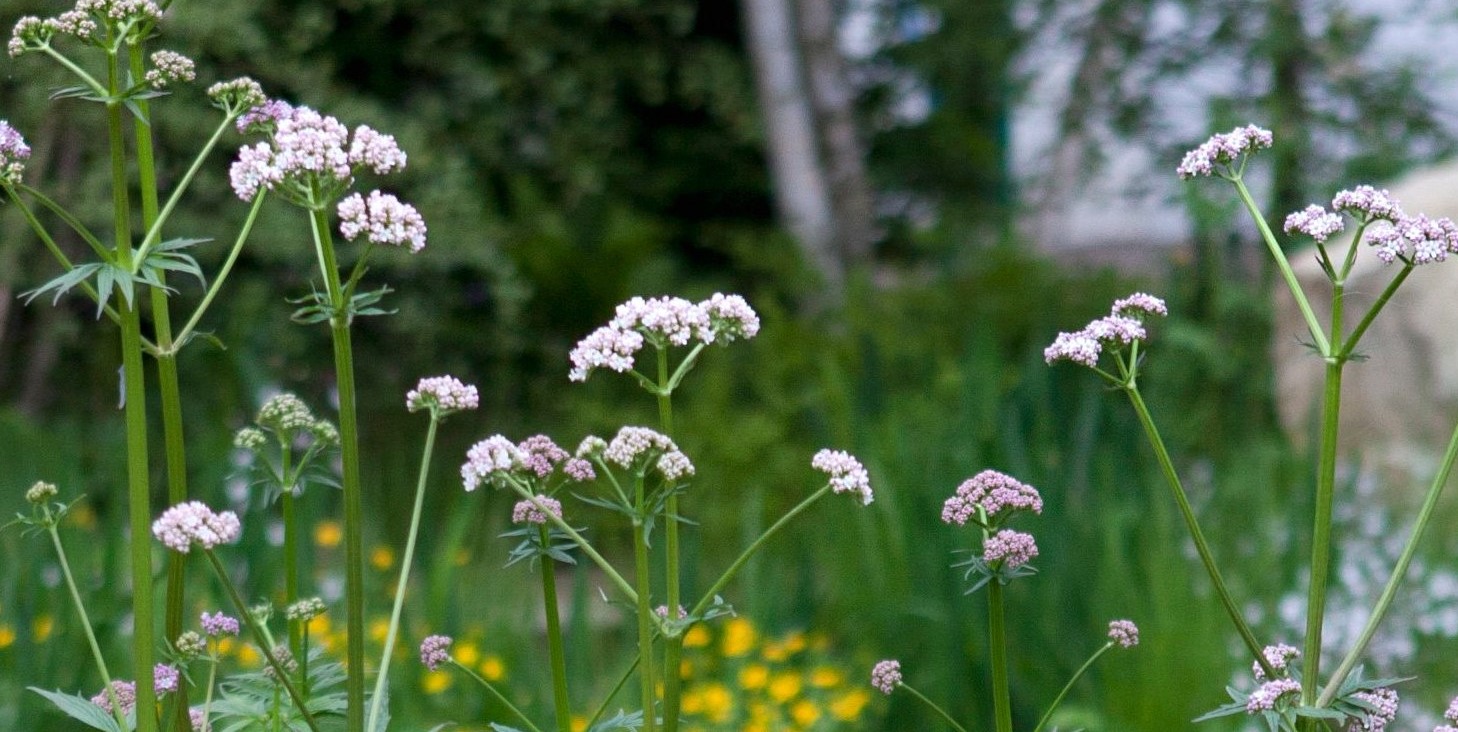
Valerian, a perennial herb with delicate white or pink flowers, has a long history as a natural remedy. Widely praised for its calming properties, this plant can ease anxiety, promote better sleep, and even soothe tummy issues. Growing valerian at home not only provides a fresh supply of this medicinal herb but also adds beauty to your garden. Its roots, the main source of its therapeutic benefits, can be harvested and dried for teas, tinctures, or capsules. Low-maintenance and resilient, valerian can thrive in various climates.
Read More About Valerian: 11 Intriguing Facts About Valerian
Was this page helpful?
Our commitment to delivering trustworthy and engaging content is at the heart of what we do. Each fact on our site is contributed by real users like you, bringing a wealth of diverse insights and information. To ensure the highest standards of accuracy and reliability, our dedicated editors meticulously review each submission. This process guarantees that the facts we share are not only fascinating but also credible. Trust in our commitment to quality and authenticity as you explore and learn with us.
